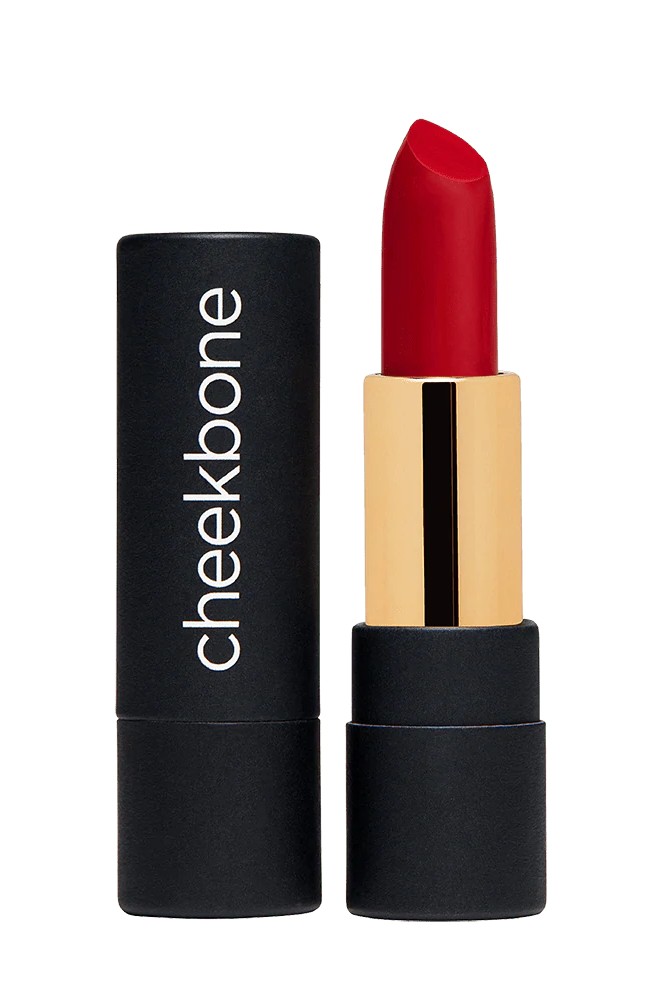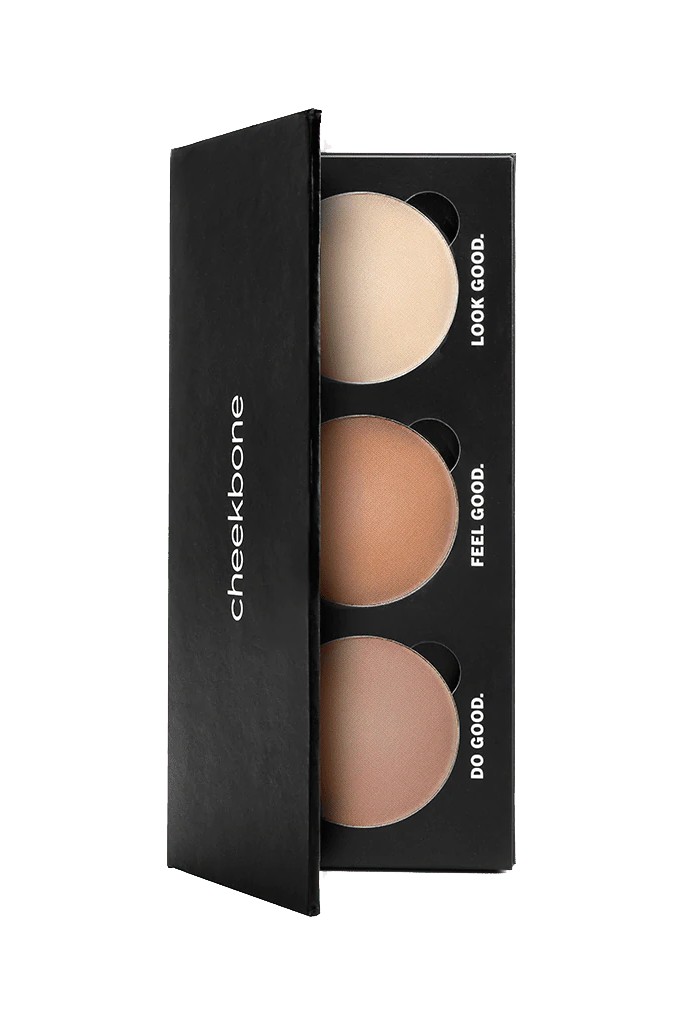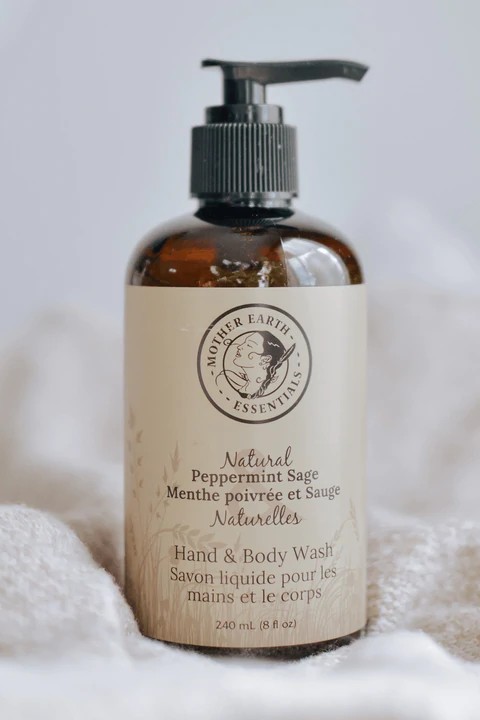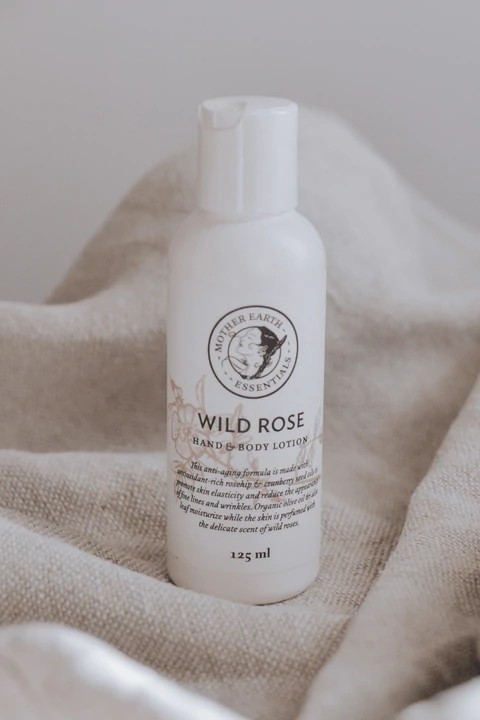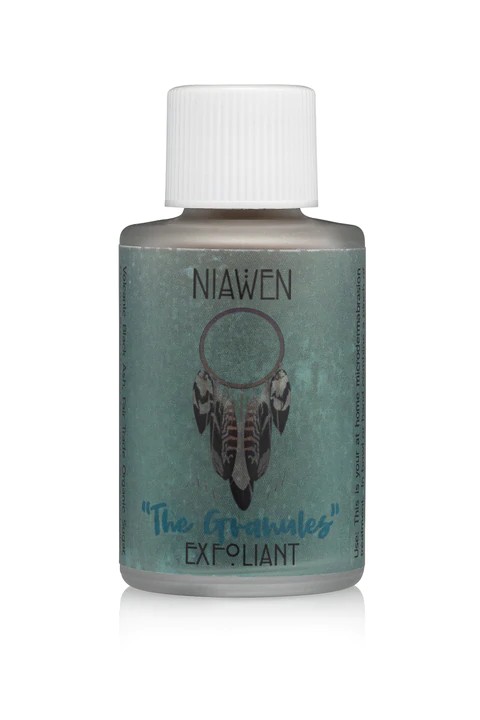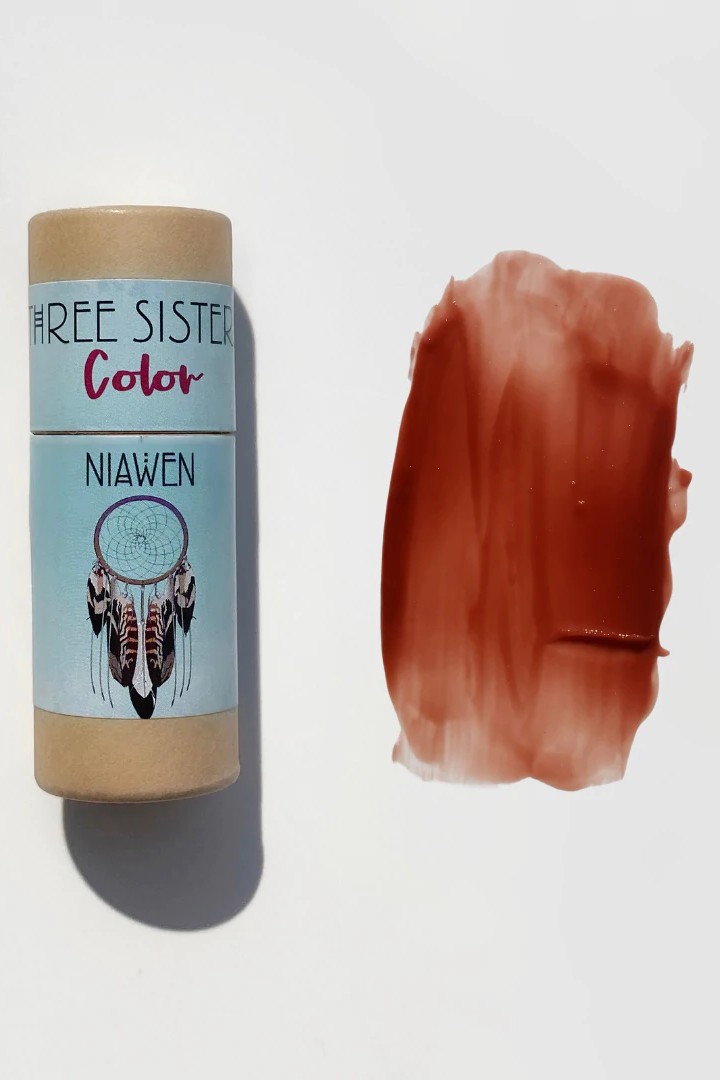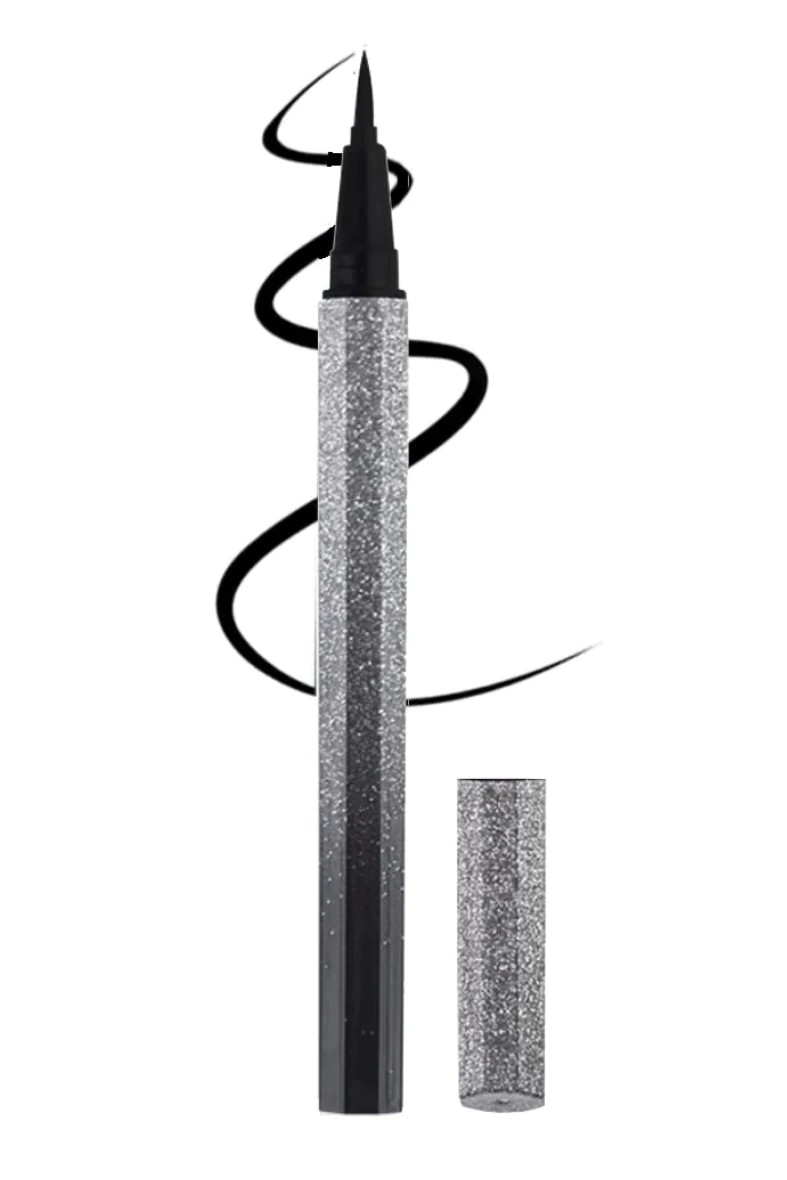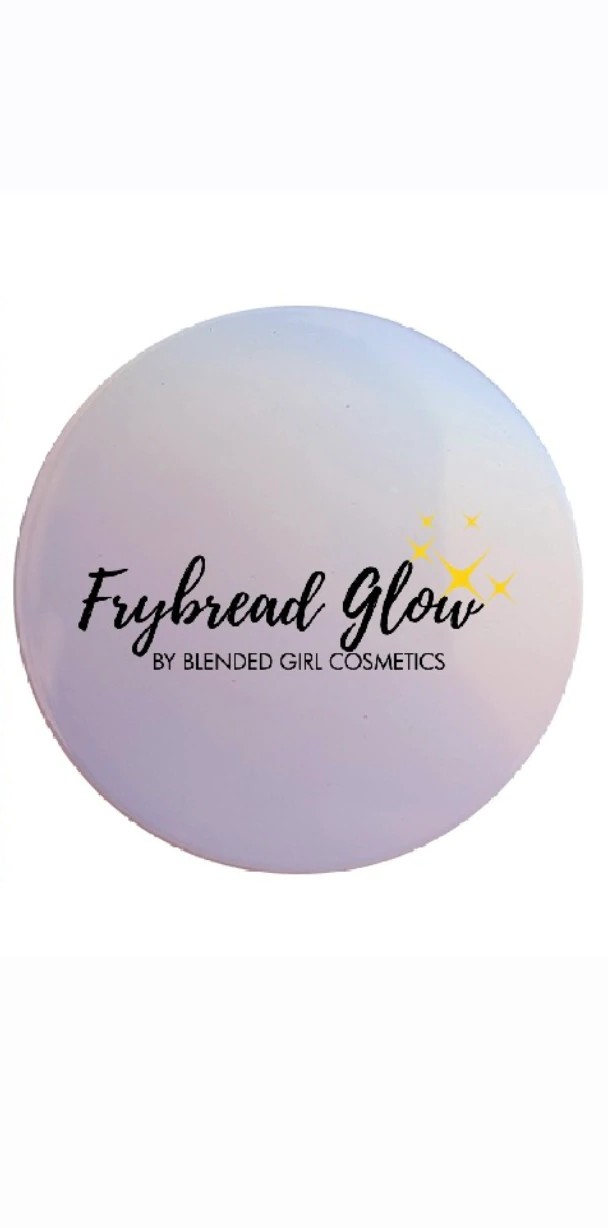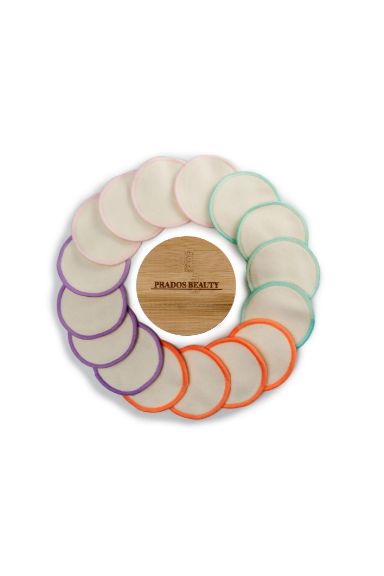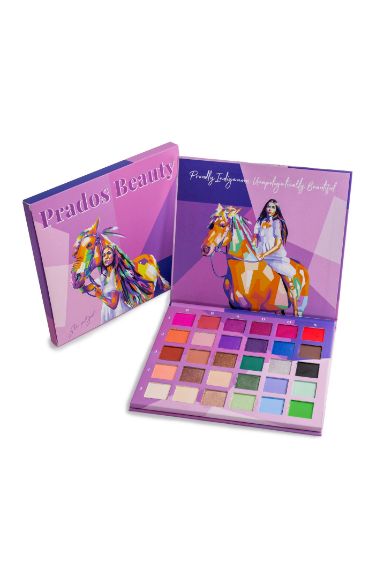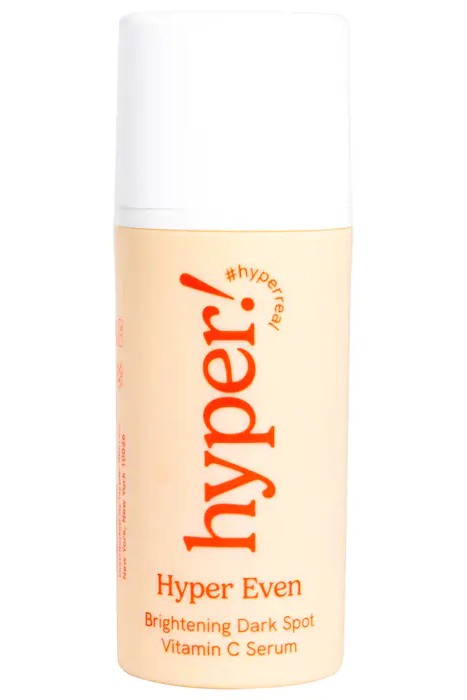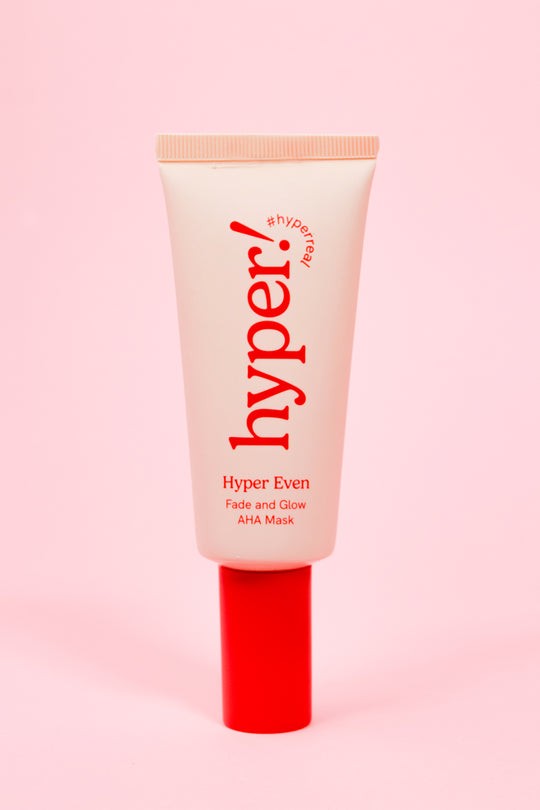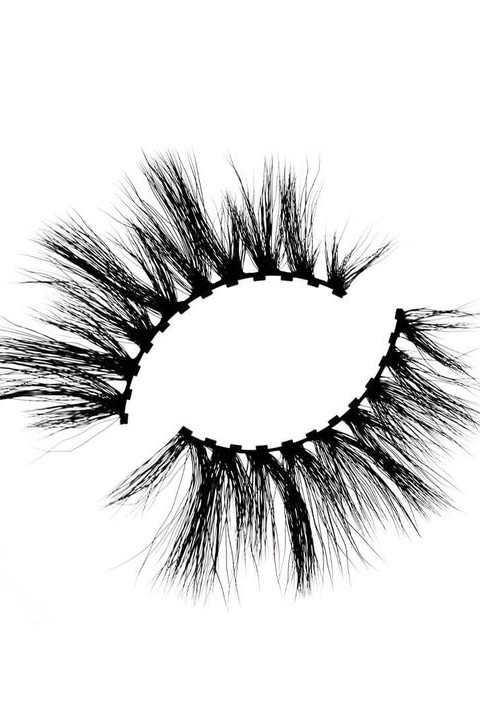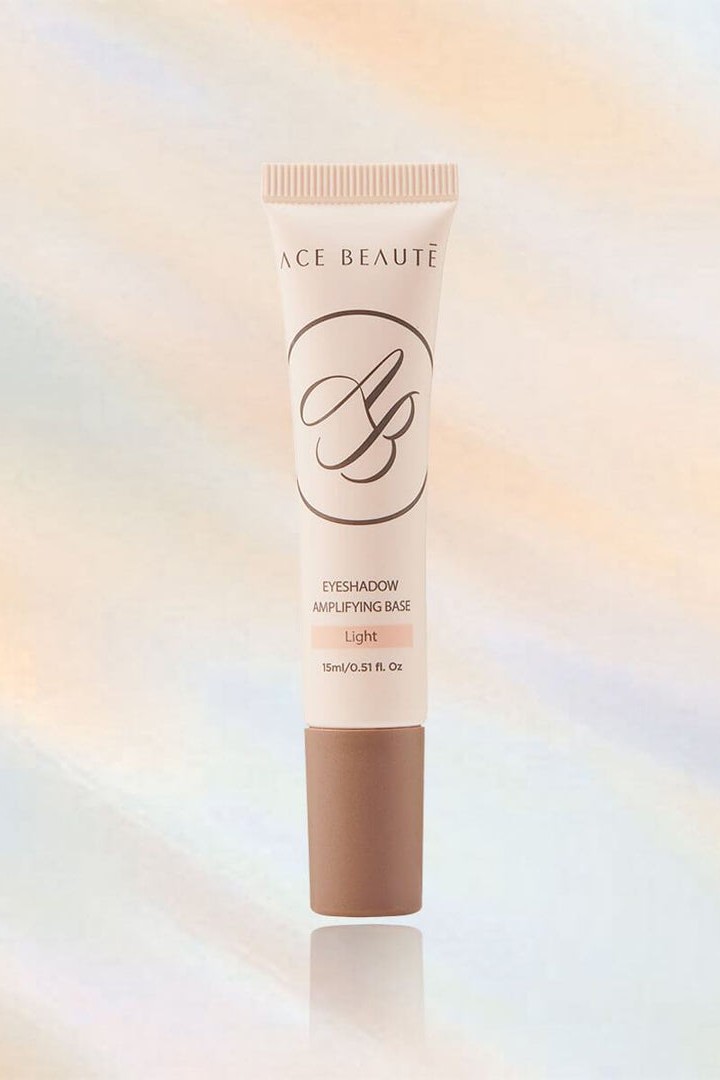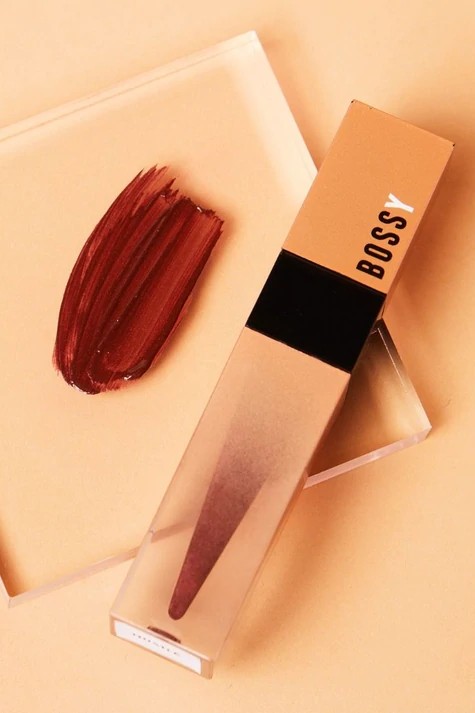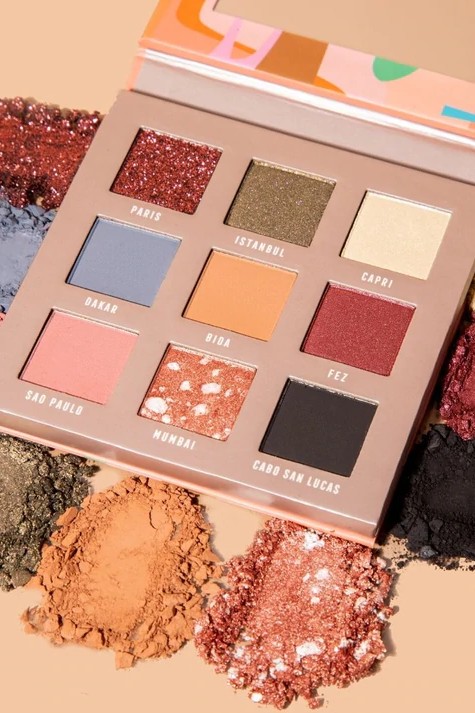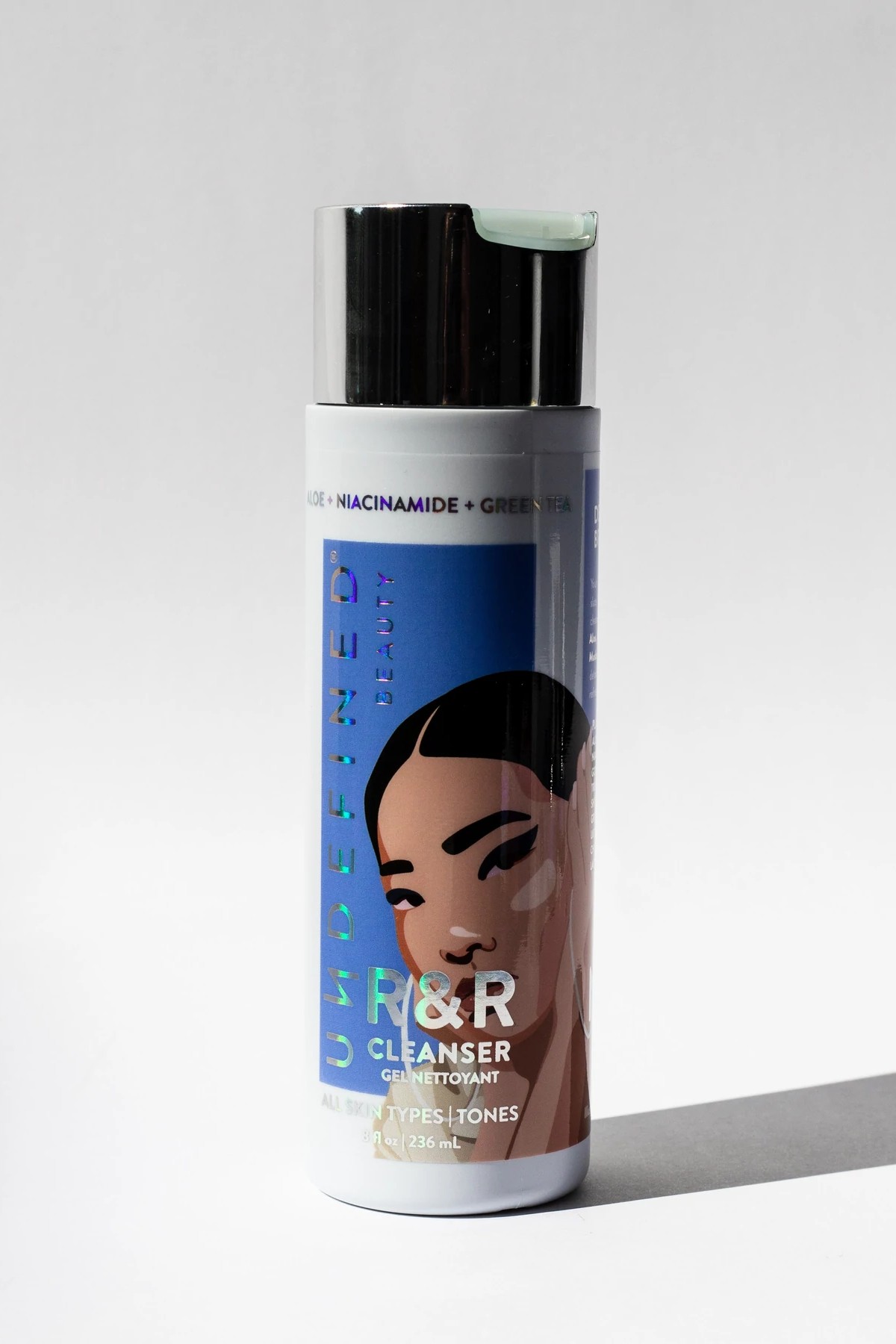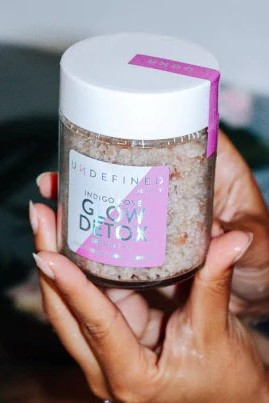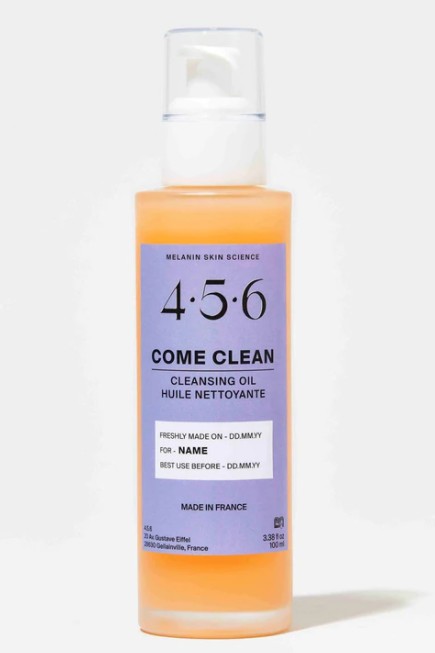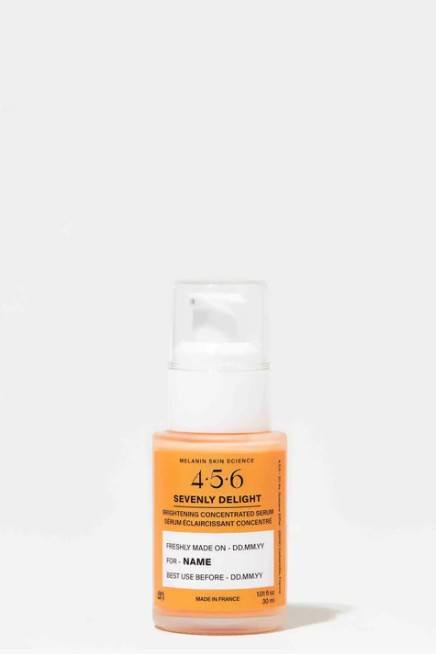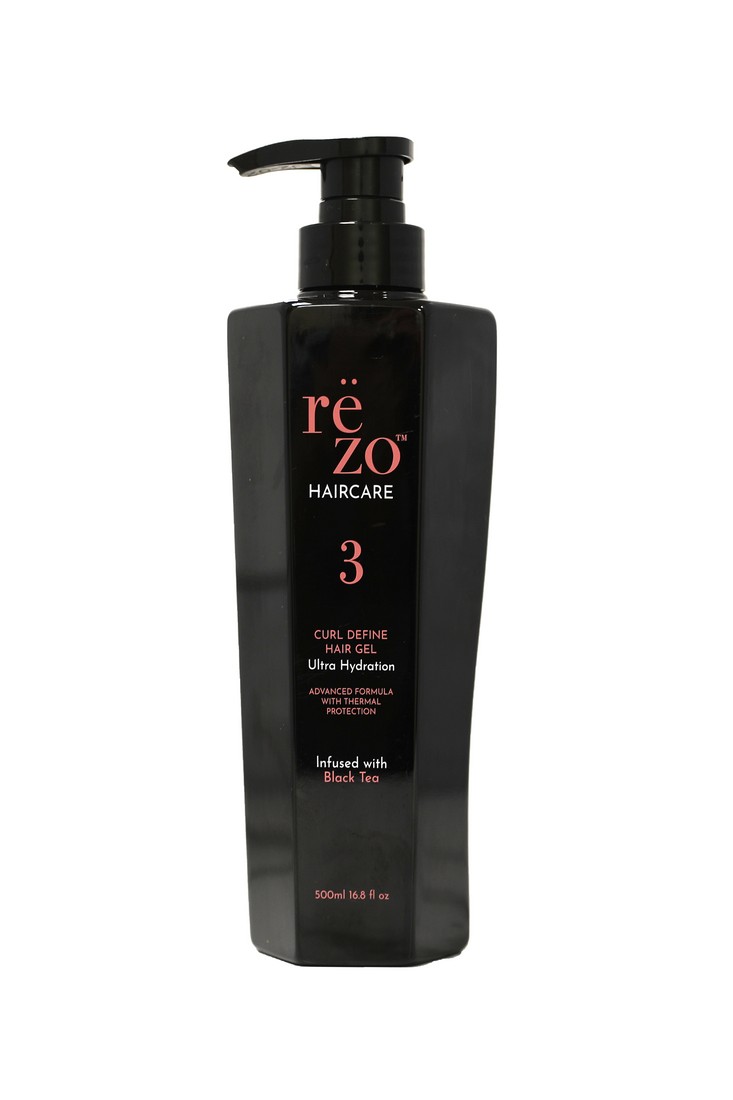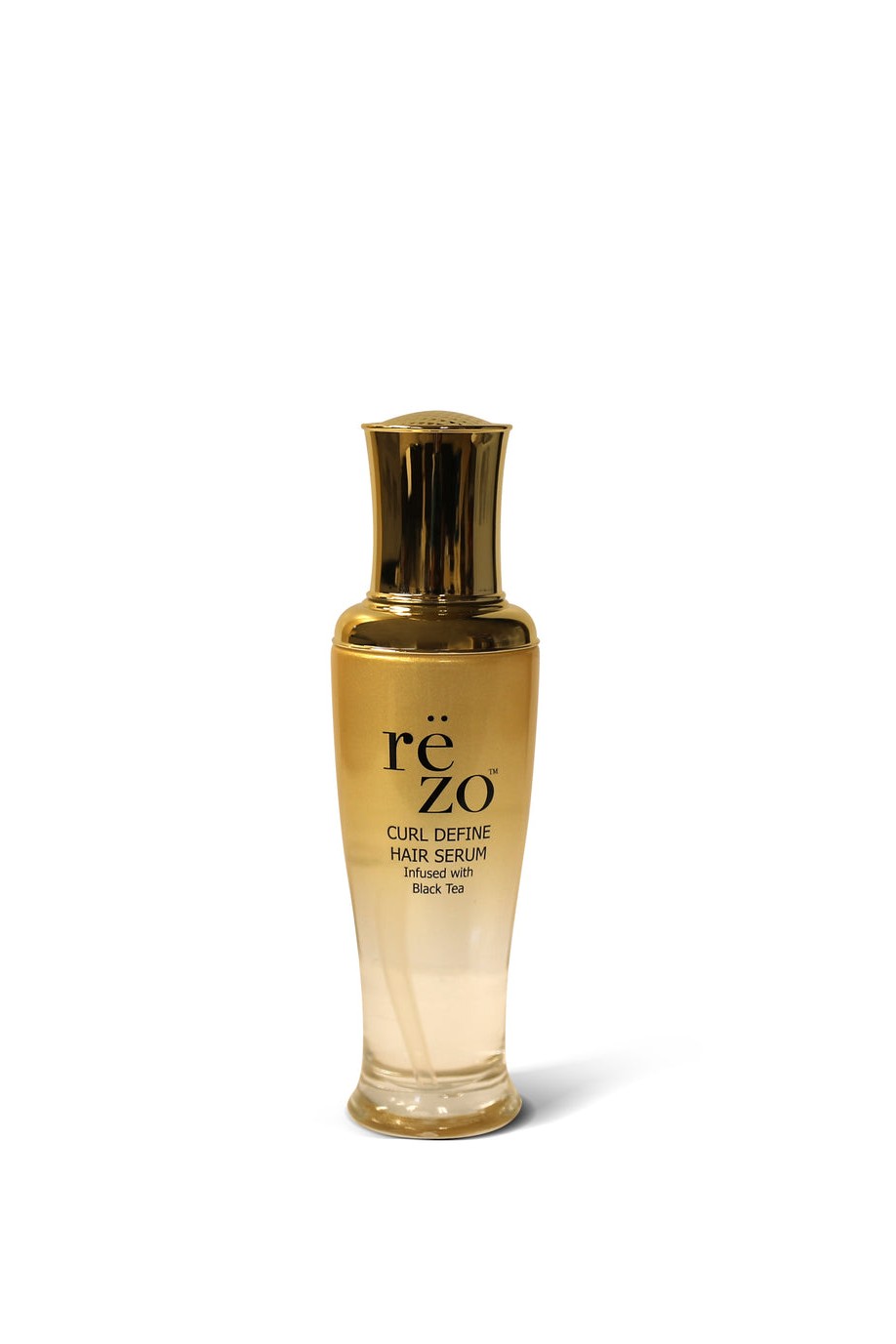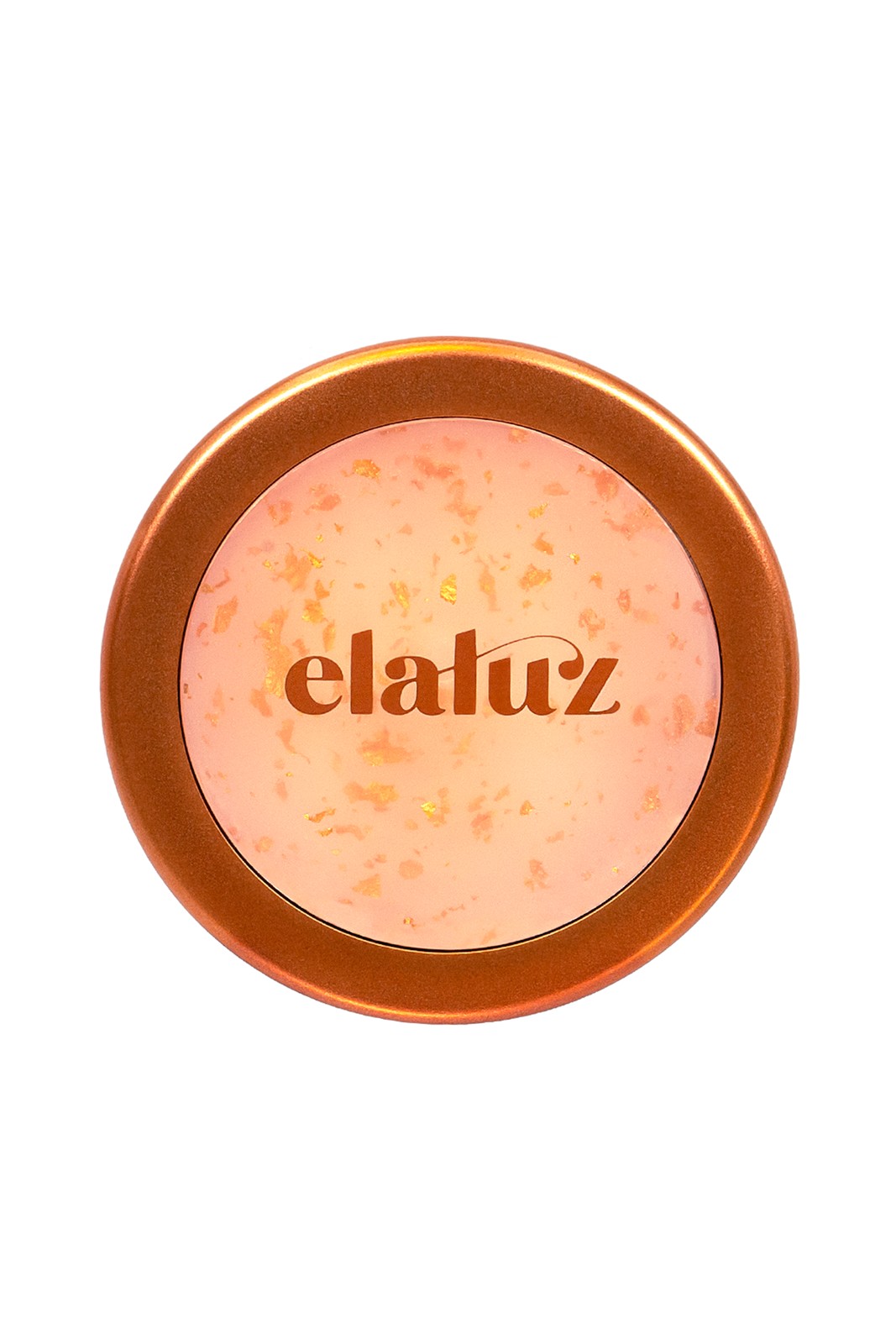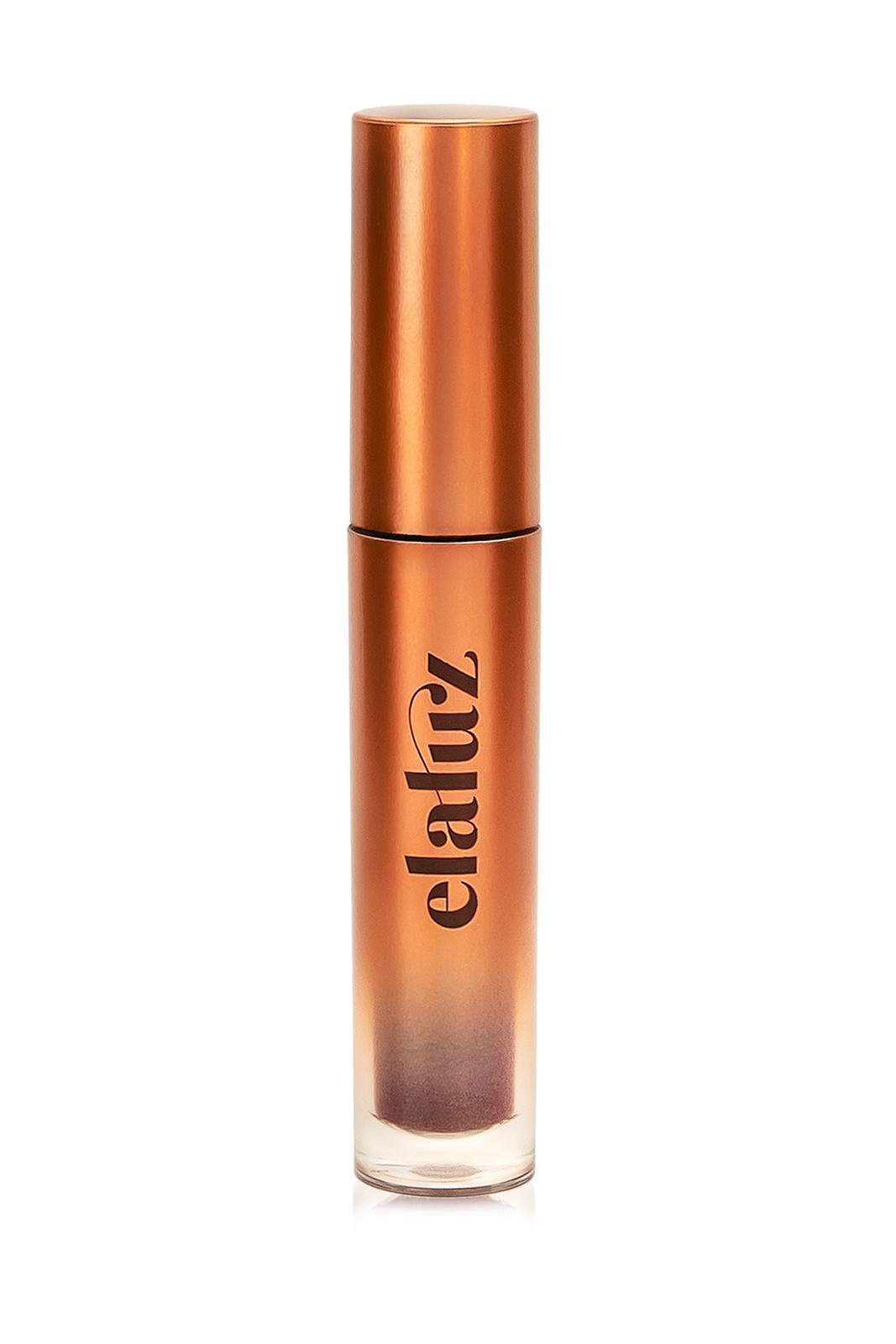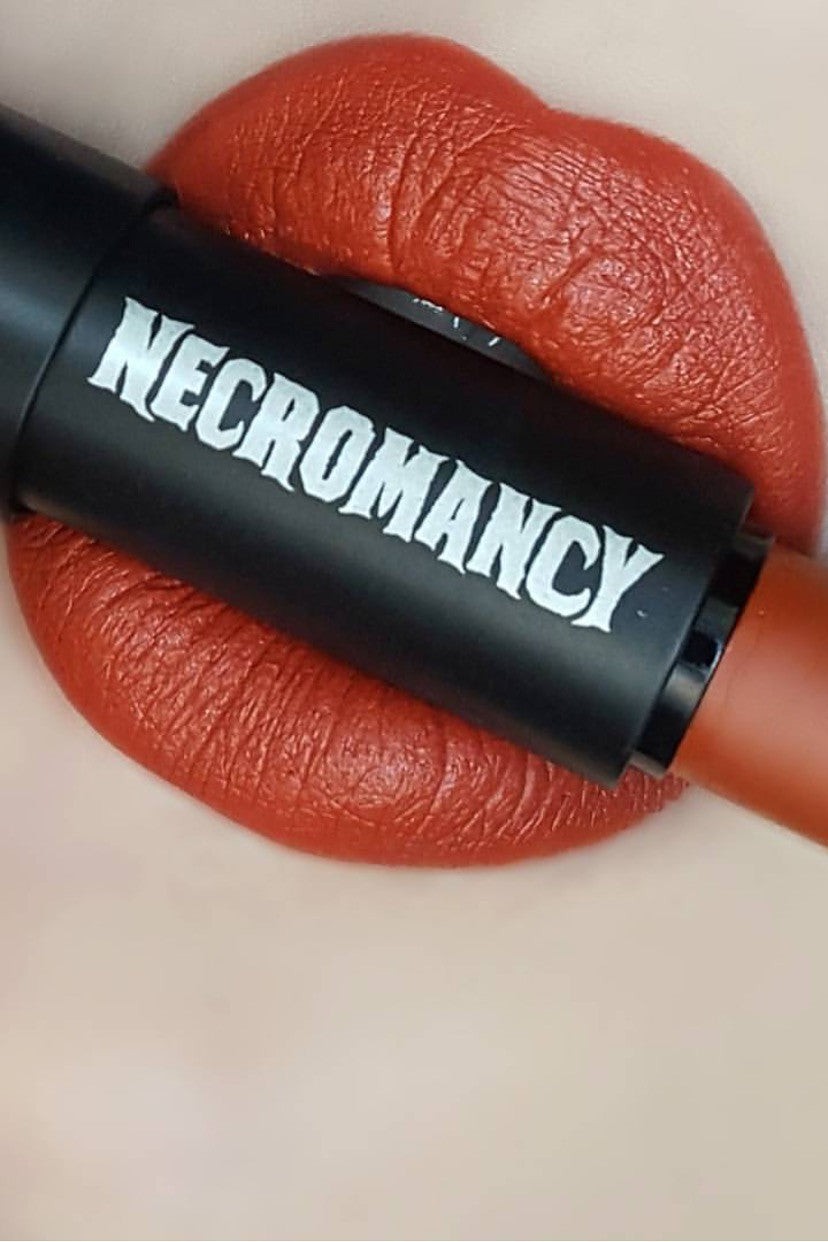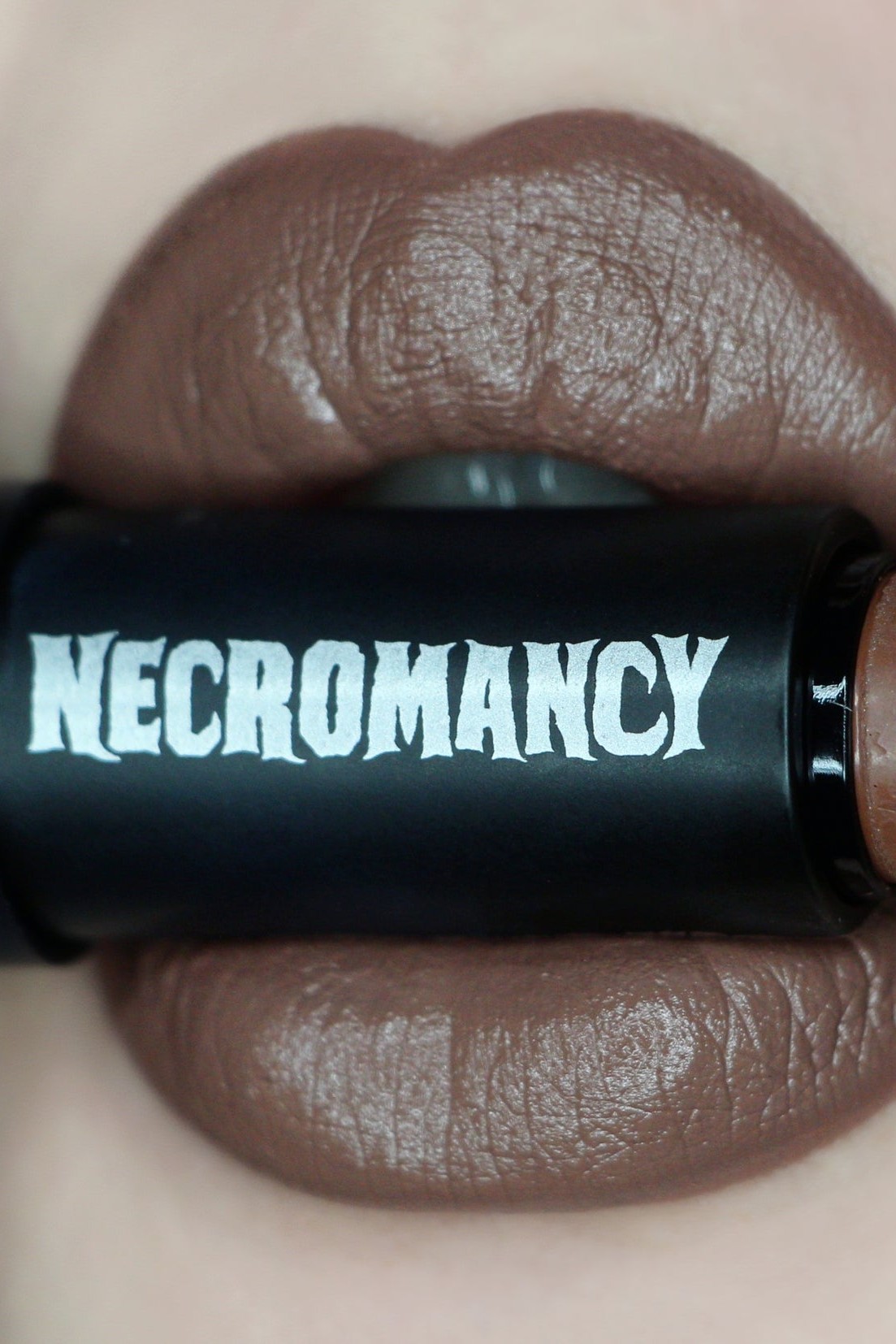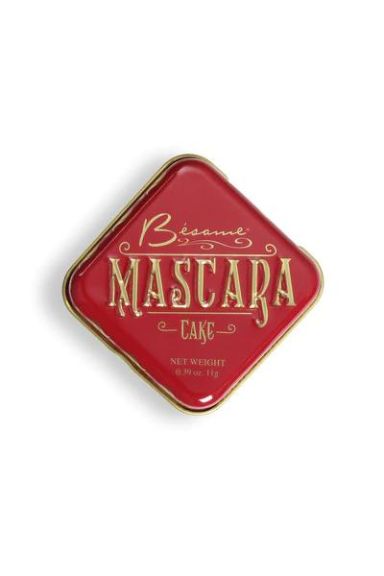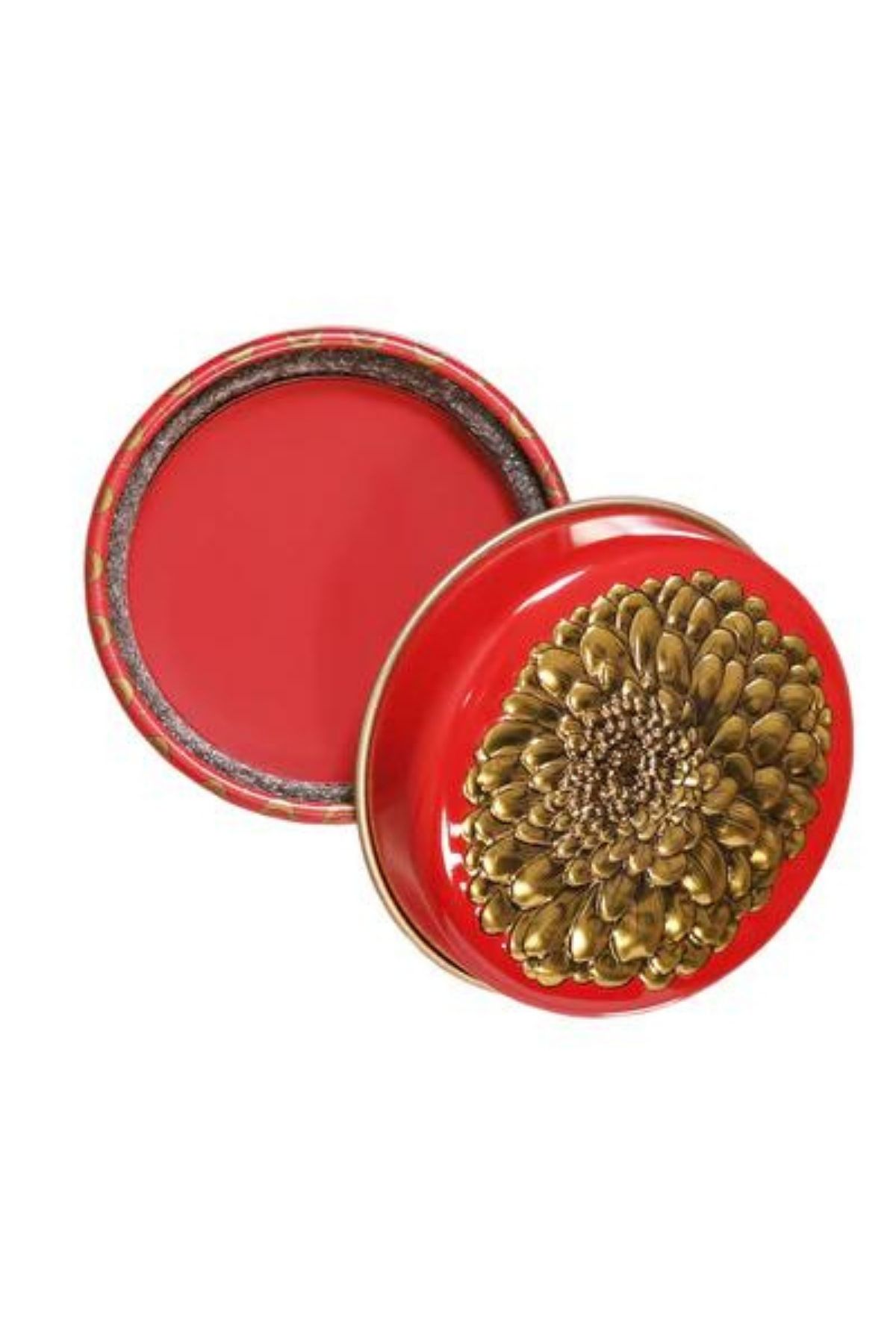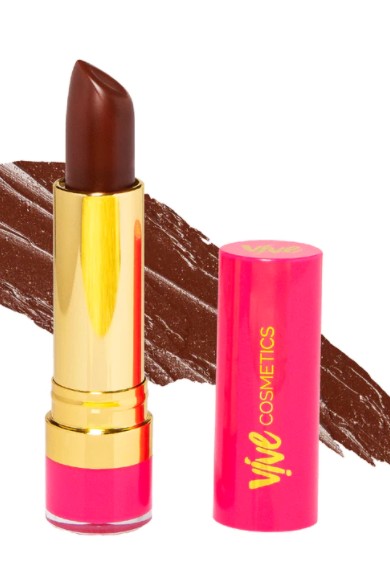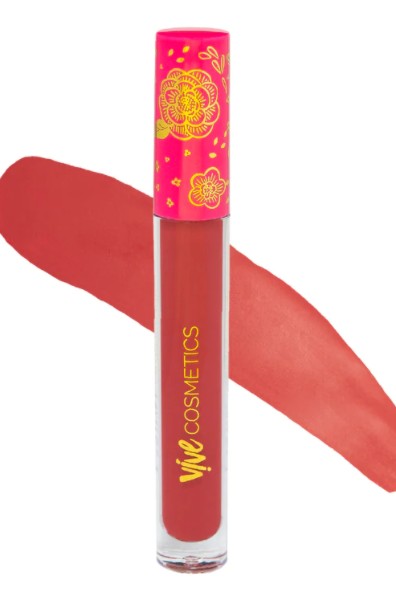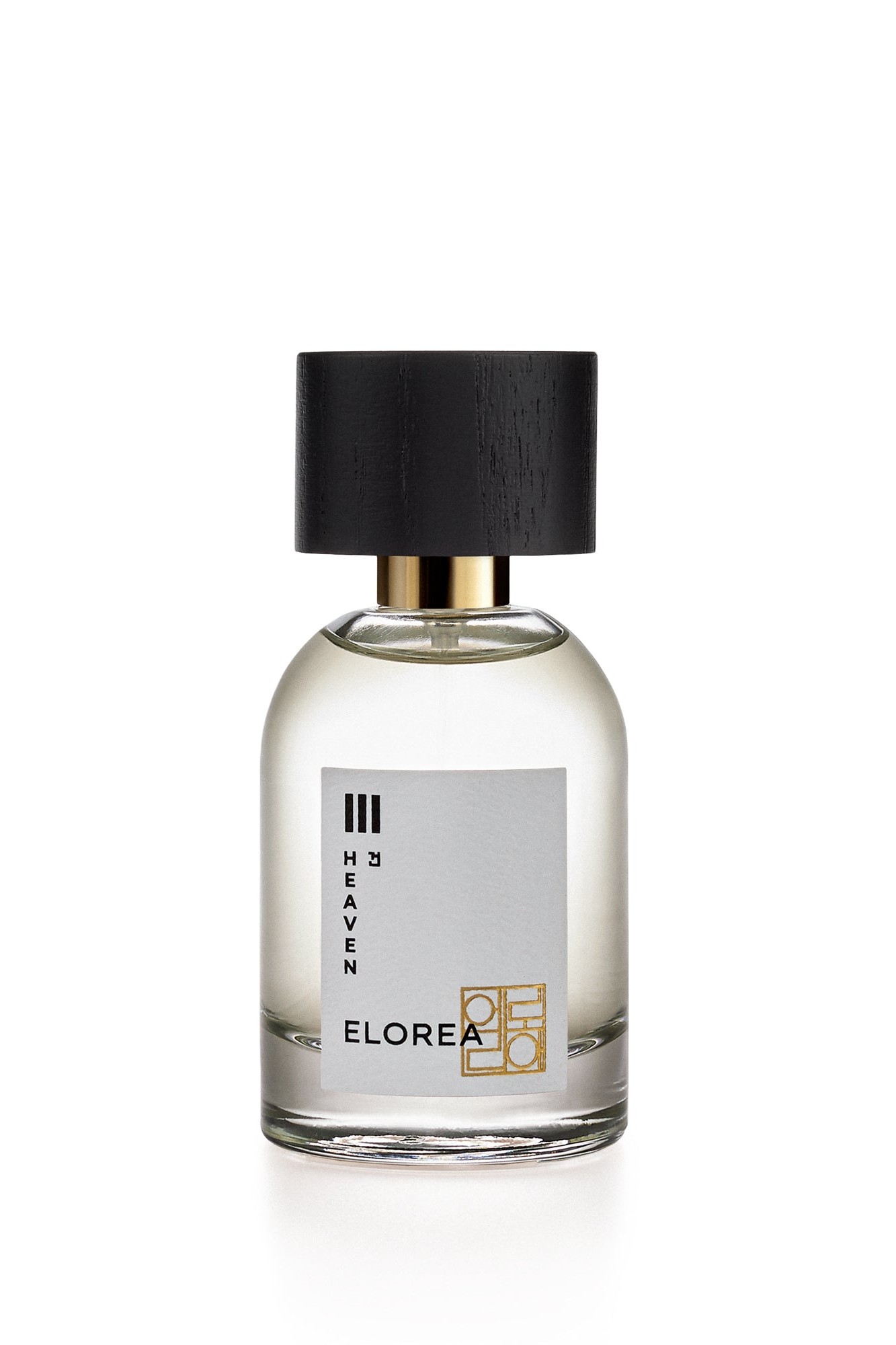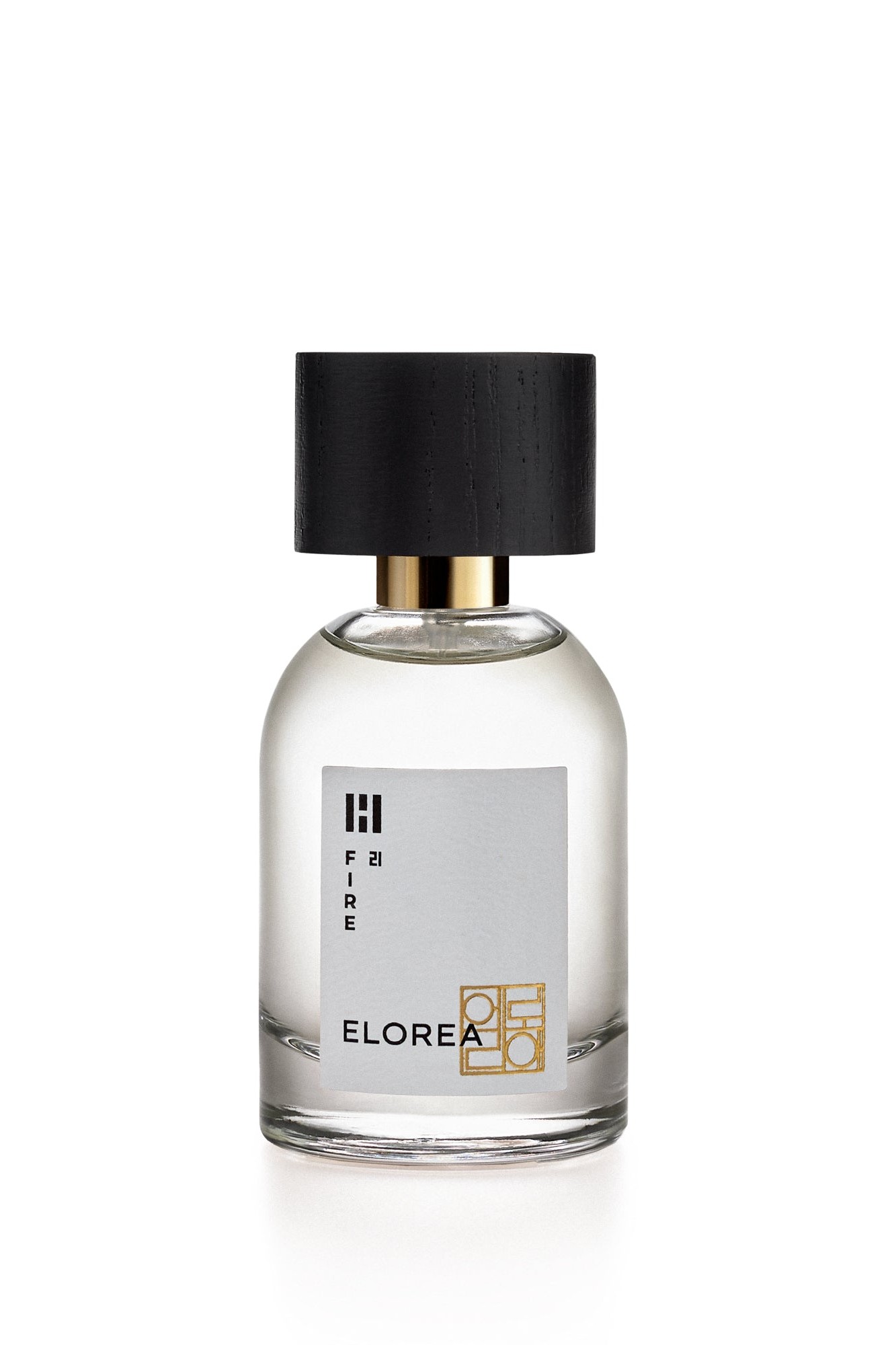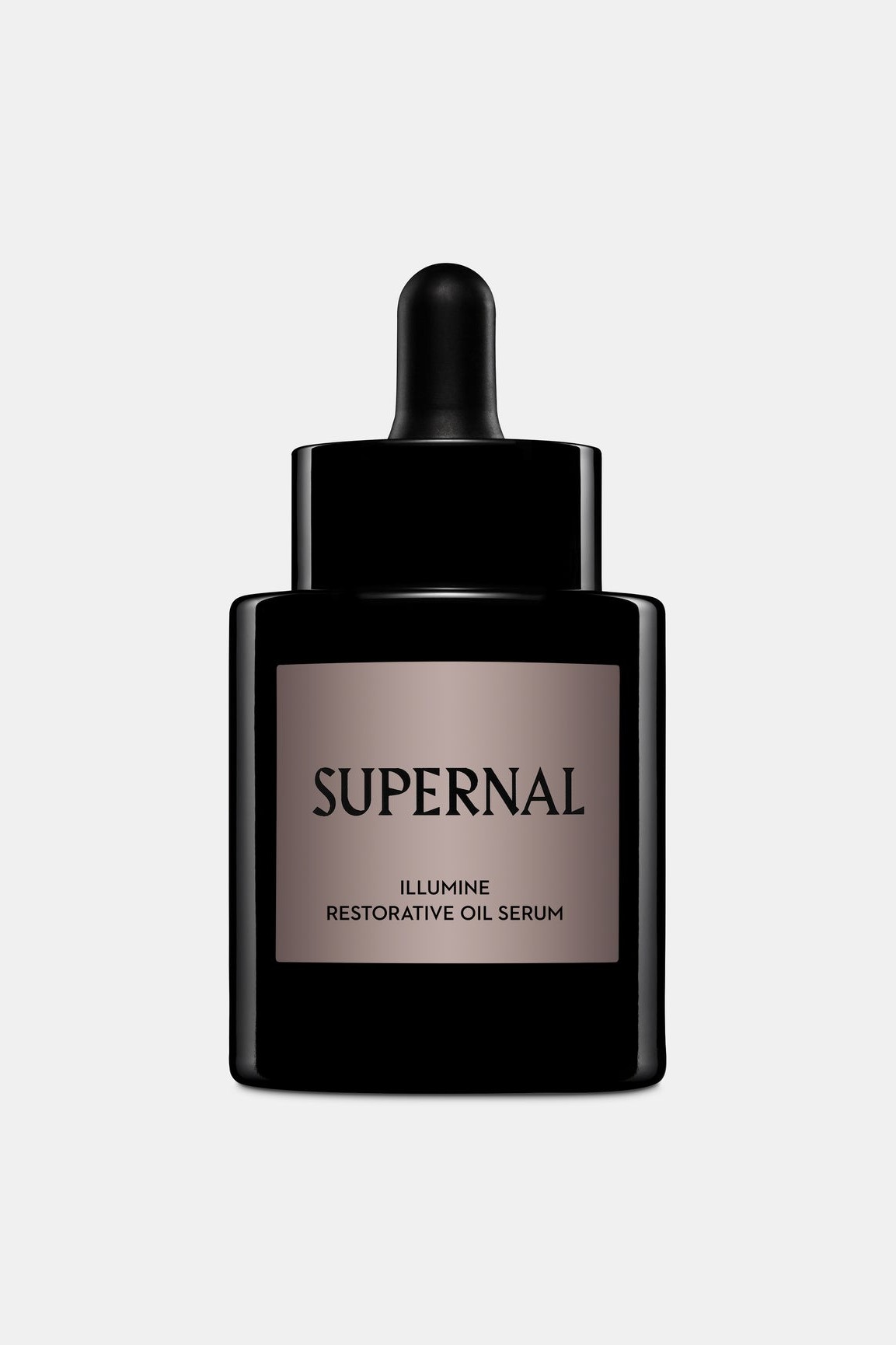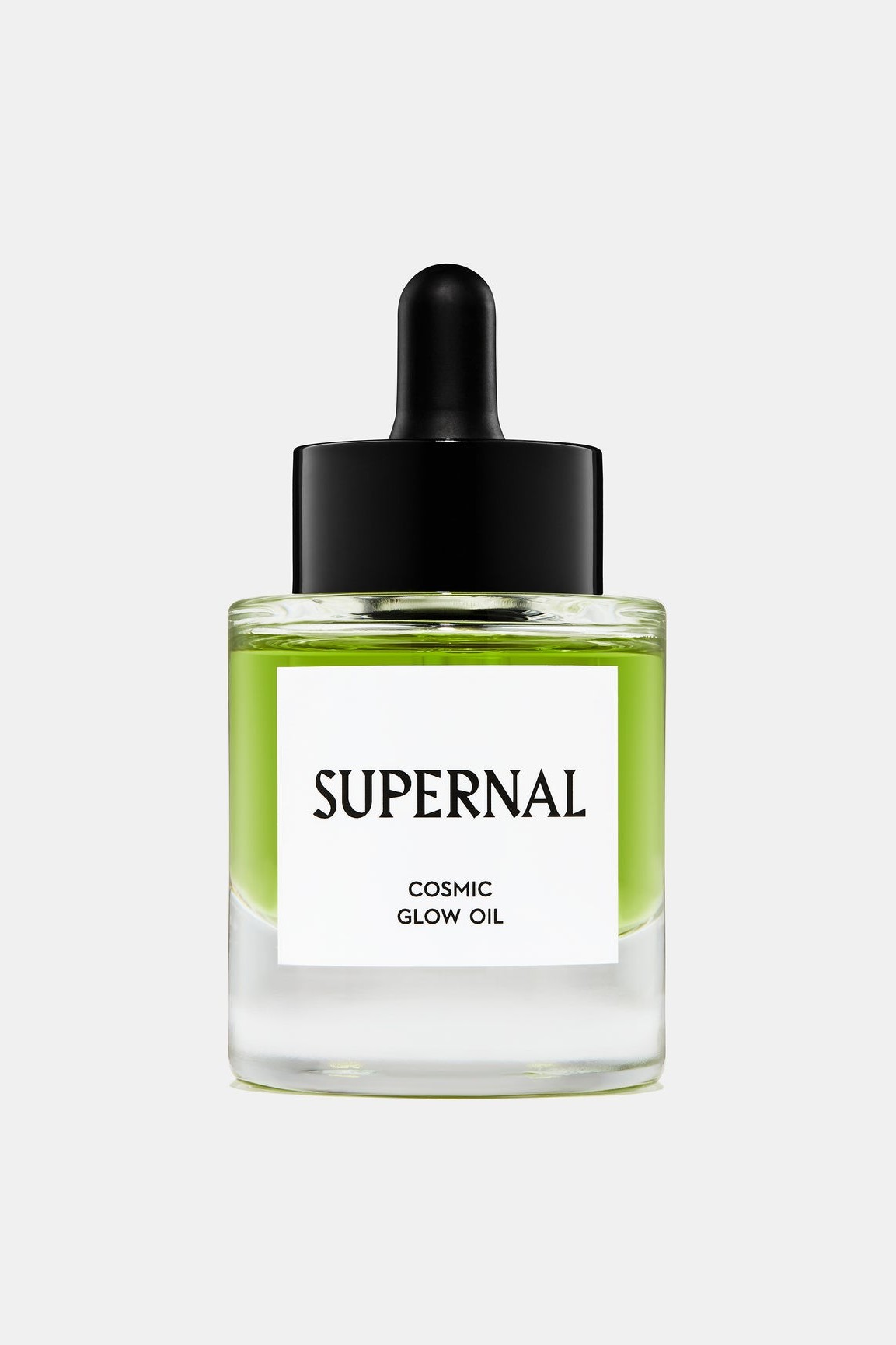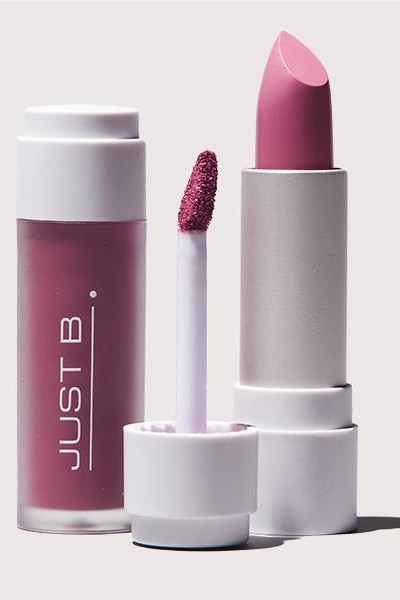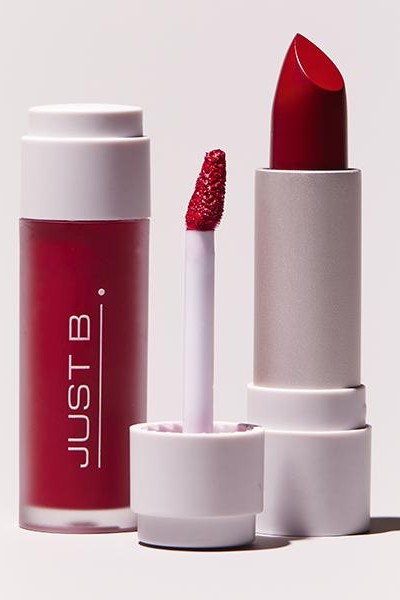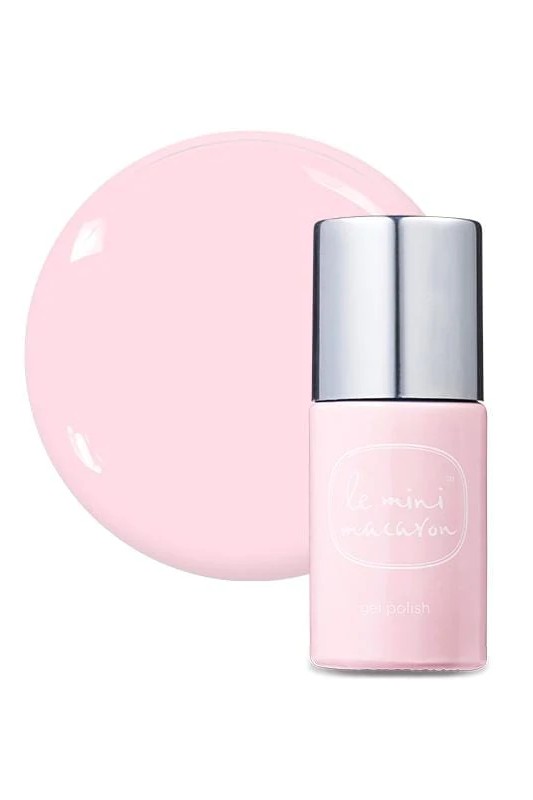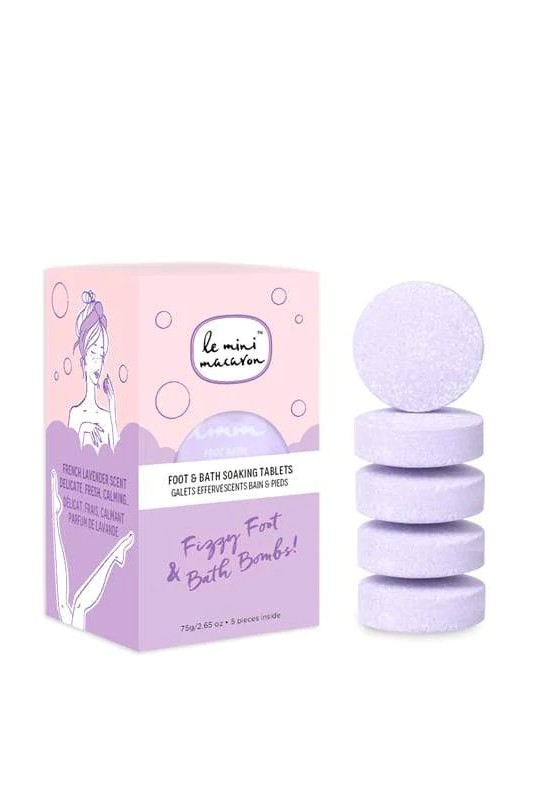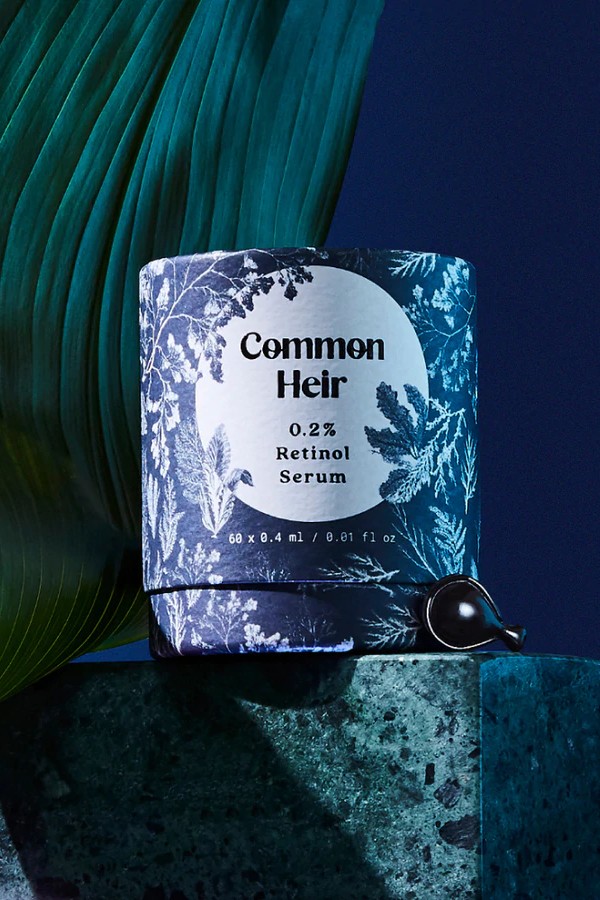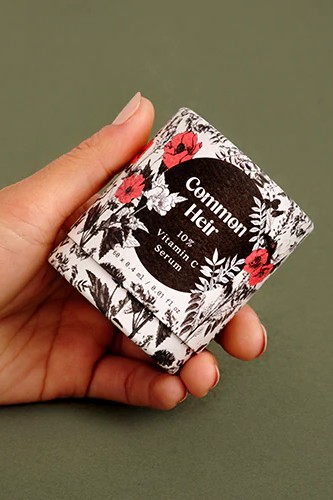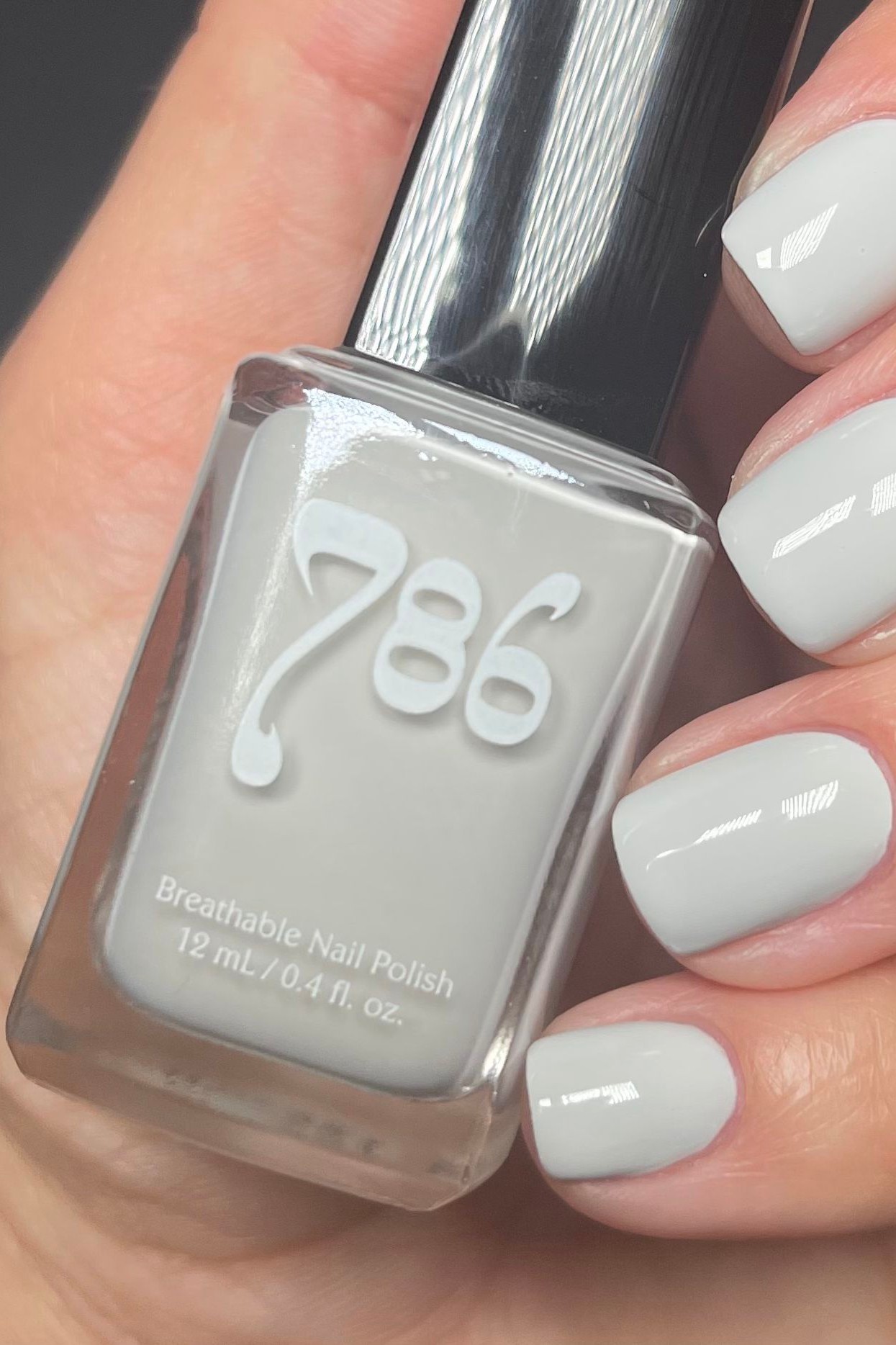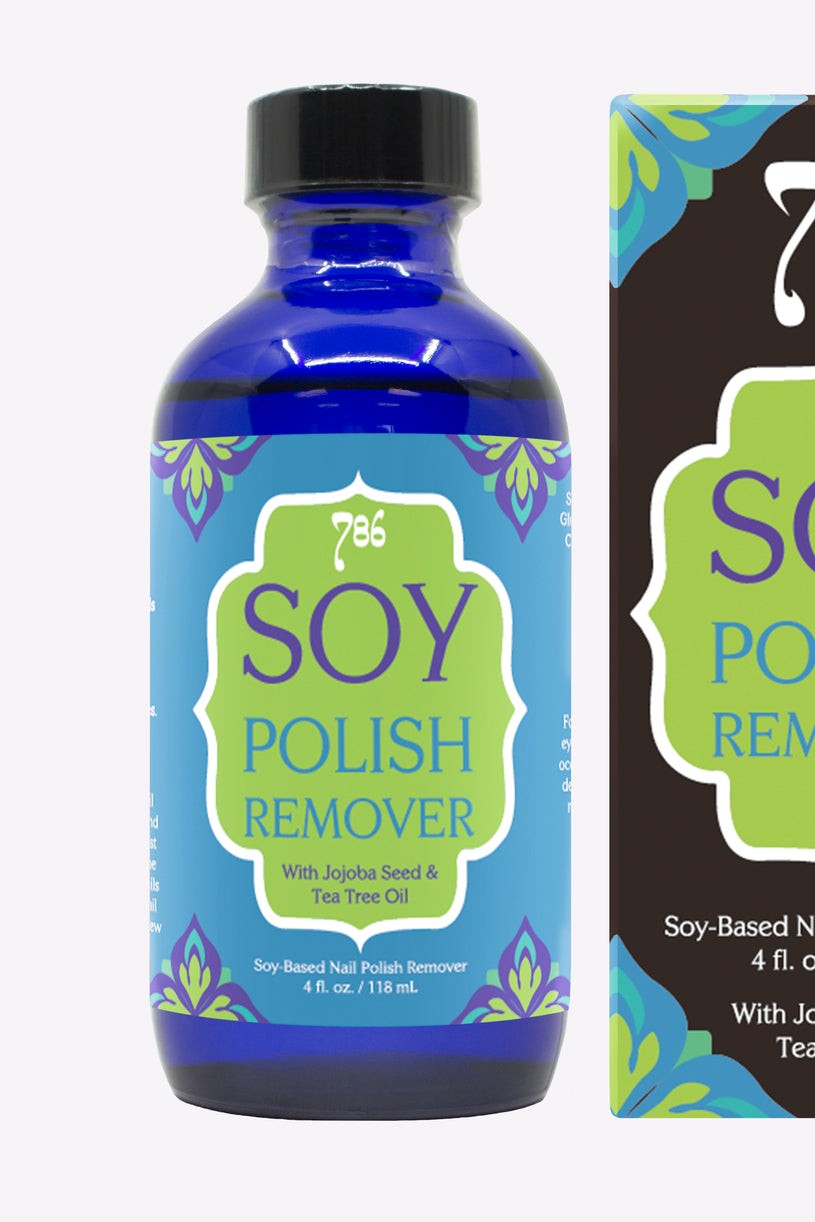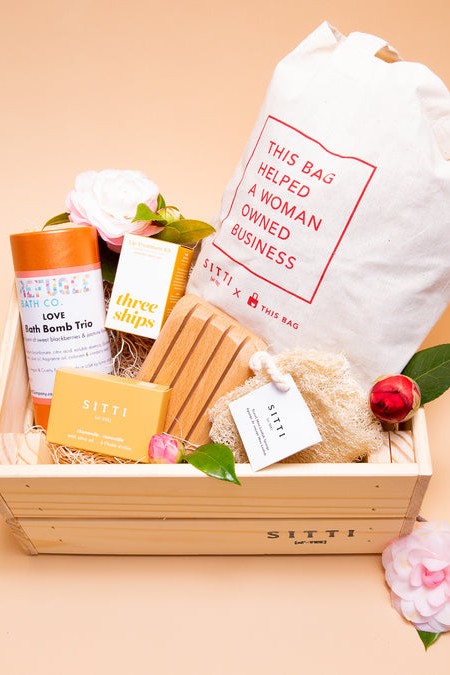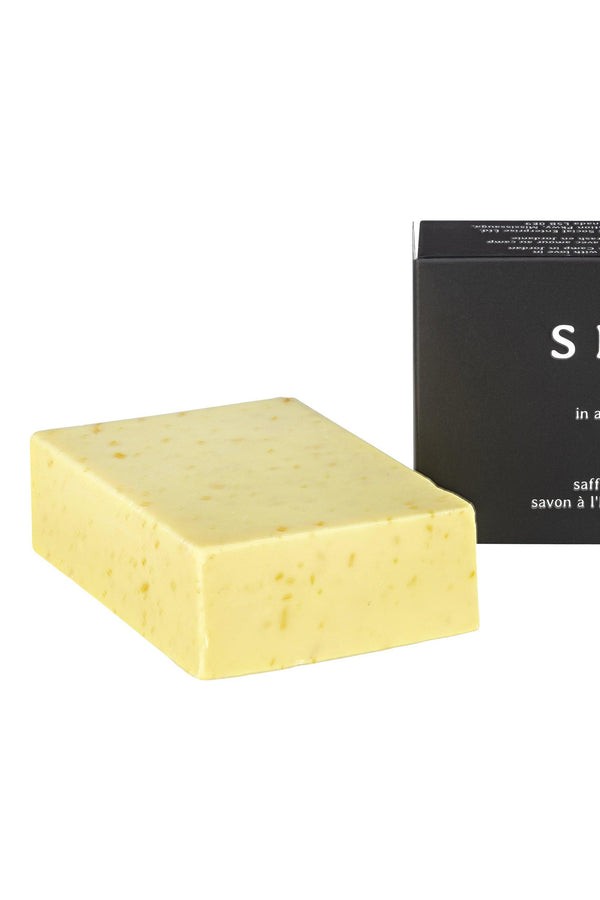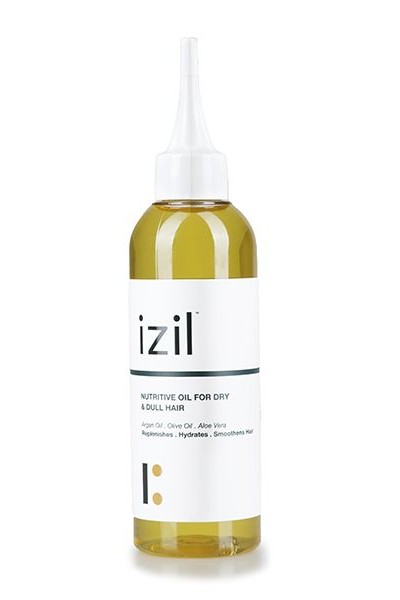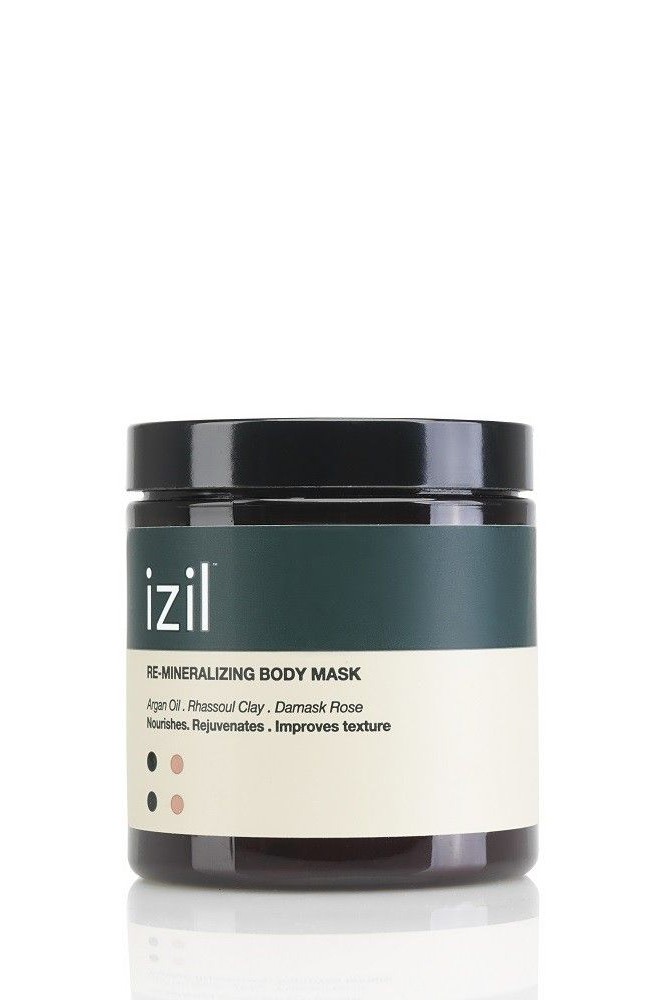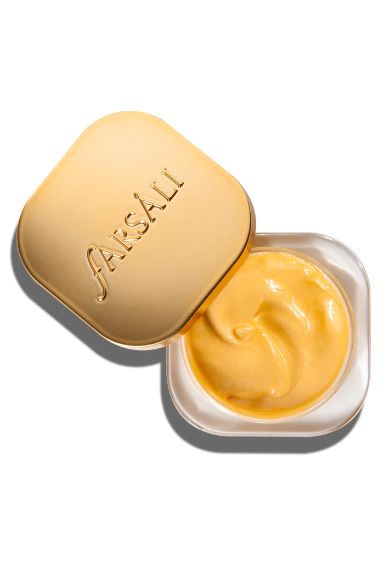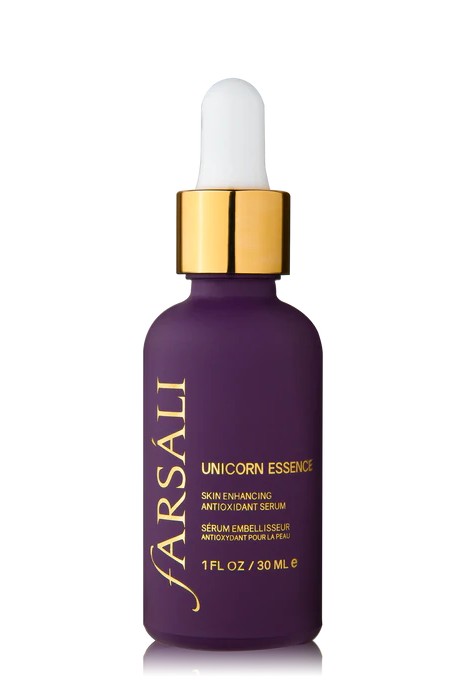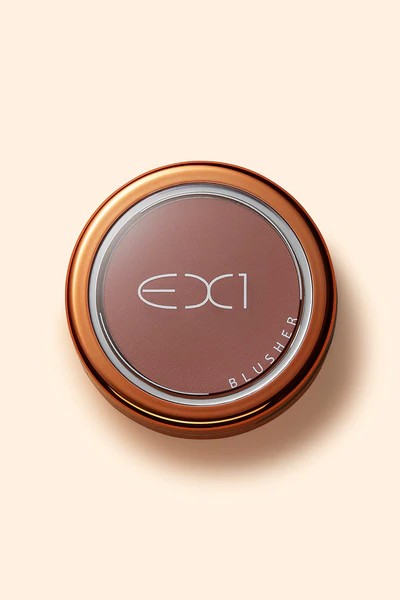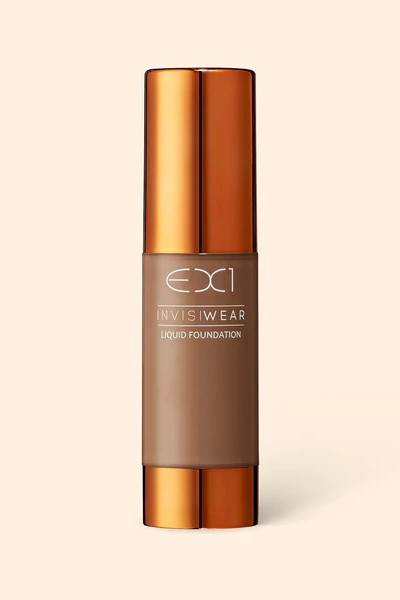25 BIPOC-Owned Beauty Brands to Fall In Love With
An ethical, inclusive morning routine? Don't mind if I do.
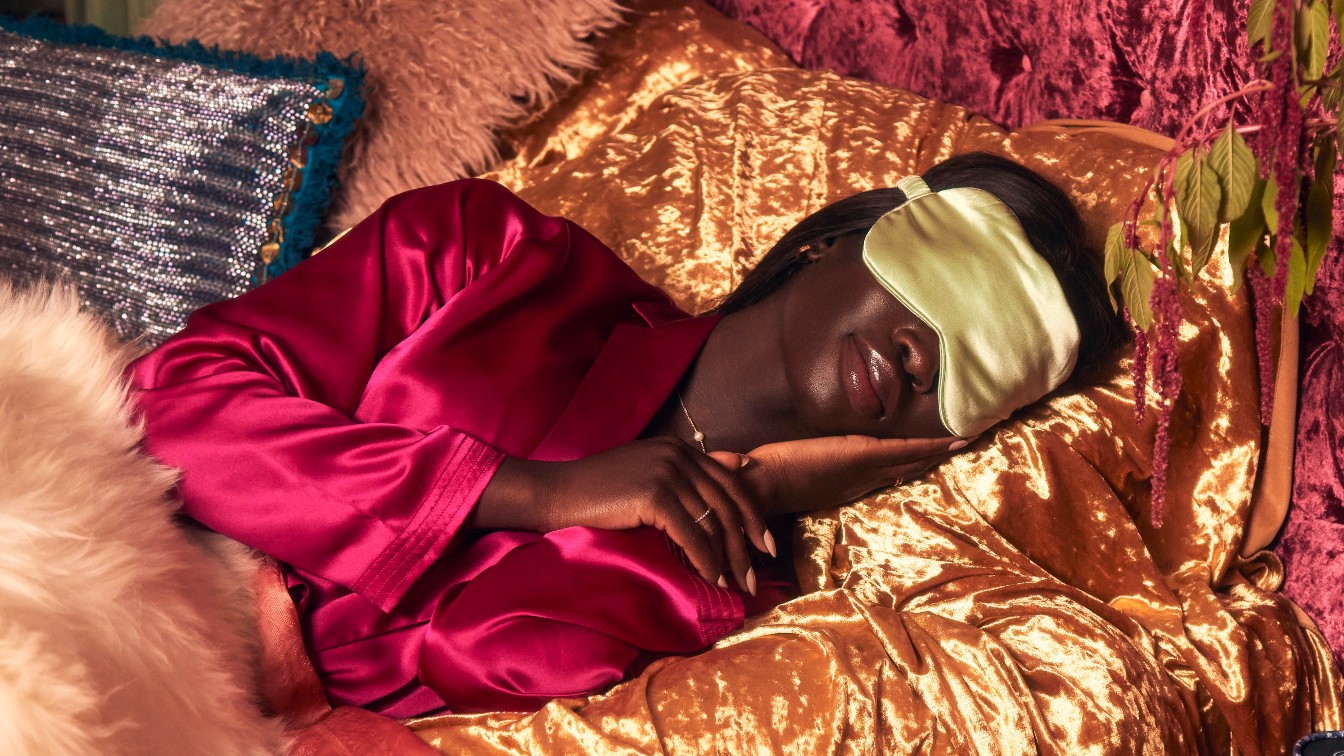
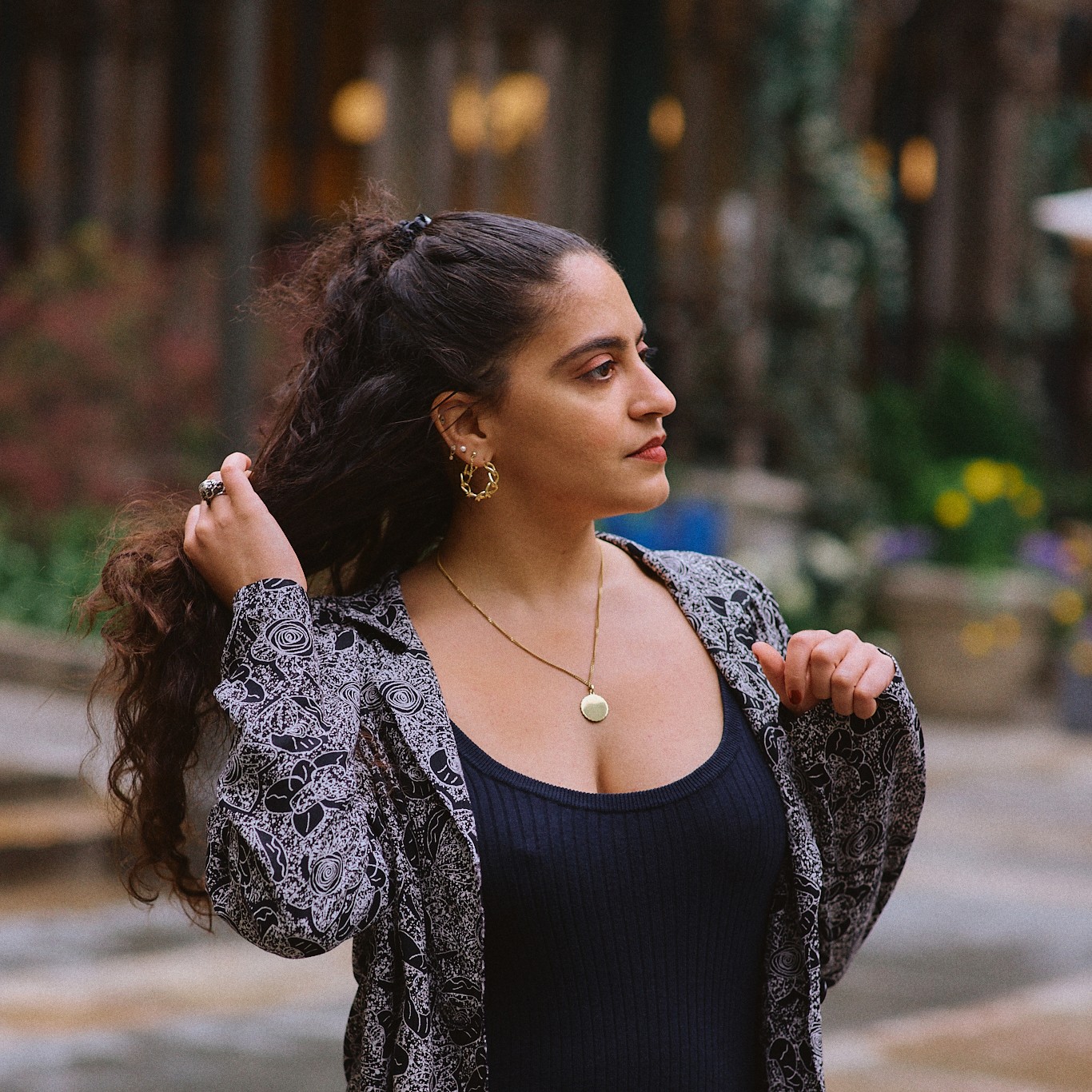
If you bookmarked our guide to our favorite BIPOC-owned fashion brands, we've got great news: Not only are you equipped to fill your wardrobe with clothes made by people of color, but now you can also fill your medicine cabinet and makeup bag with beauty products created by BIPOC (Black, Indigenous, and People of Color) entrepreneurs in the beauty industry.
People with deep skin tones―like many Black, Latinx, Middle Eastern, and Indigenous folks―often have trouble finding makeup that suits our skin tones. Whether we're searching for a foundation with olive undertones, a face palette dark enough to sculpt our cheeks, or a lipstick or eyeshadow pigmented enough to show on our lips or skin, traditional makeup brands often haven't risen to meet our needs.
Thankfully, brands like Fenty Beauty are addressing this struggle by producing inclusive, highly pigmented products made with all women in mind. But did you know that there's a whole world of BIPOC-owned beauty out there? Whether you're dealing with acne, eczema, hyperpigmentation, dry skin, or just trying to look glam for the day, these BIPOC-owned businesses are equipped to handle your every need.
Indigenous-Owned Beauty Brands
Indigenous or First Nations peoples in North America are among the most underfunded and structurally unequally treated populations in the United States. Entrepreneurship among Indigenous peoples can allow these communities greater self-determination and equip them with the financial freedom not only to take care of themselves, but to give back to their communities. Check out some of our favorite Indigenous-owned brands, below.
Cheekbone Beauty
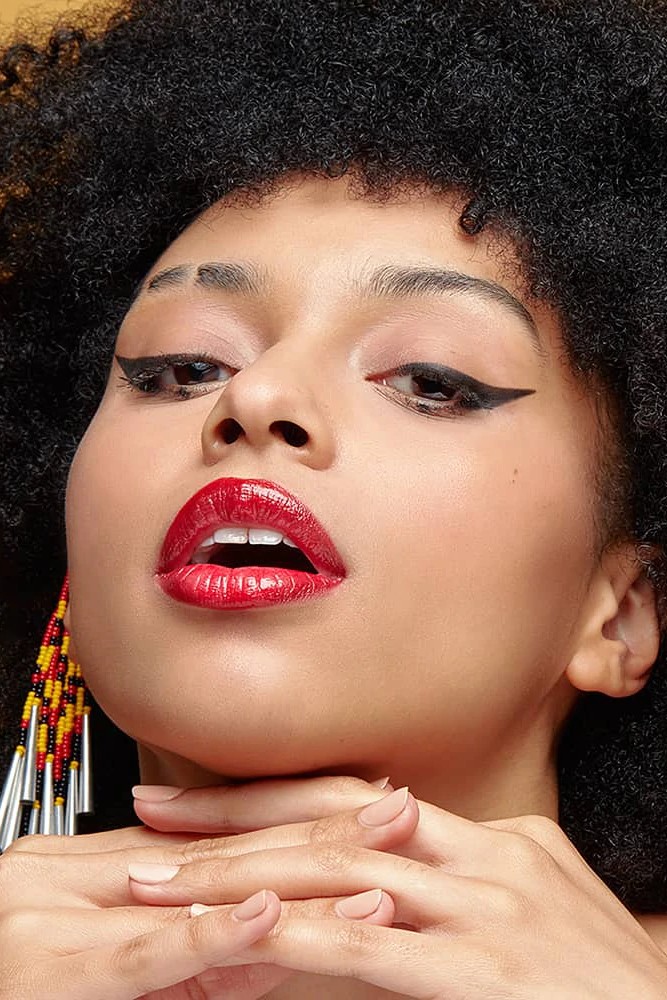
Cheekbone Beauty is owned by beauty veteran-turned-CBC superstar Jenn Harper, whose products have quickly developed a loyal following. The brand stays loyal to Harper's Anishinaabe roots through its foundational beliefs in sustainability and giving back to the Indigenous community. Not only has Cheekbone developed a line of low-waste makeup, but they have also donated over $150,000 to organizations benefitting Indigenous education, clean water, and economic development.
Mother Earth Essentials
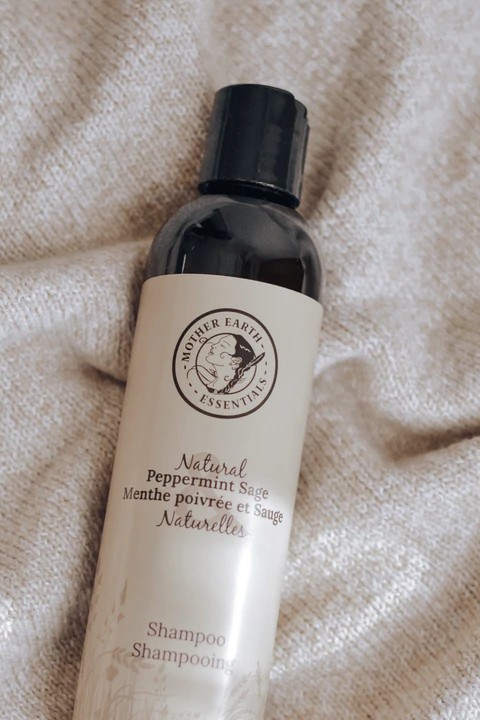
Mother Earth Essentials founder Carrie Armstrong is descended from a long line of Cree Medicine Women, so you can trust in this brand's authenticity. In addition to haircare, skincare, and soap, Mother Earth is also a lifestyle brand and sells everything from candles to tea to essential oils. Talk about a one-stop wellness shop.
Niawen
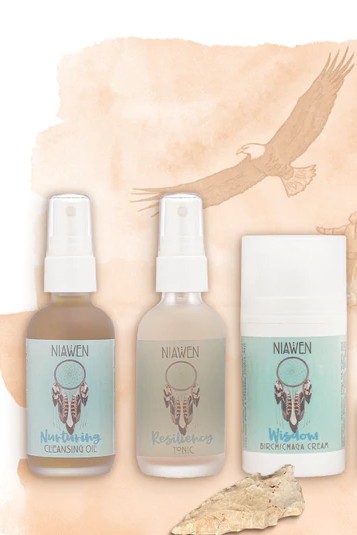
Niawen proudly blends science and ancient Native traditions. Founded by esthetician Tara-Tekahentakhwa, the brand's name means "thank you" or "to give thanks," and was inspired by Tekahentakhwa's own skincare journey. Tekahentakhwa had to cope with her acne by wearing thick, "white mask"-like makeup that obscured her Native roots and eschewed her Native heritage. In formulating Niawen's products, Tekahentakhwa embraces effective, science-backed natural ingredients.
Stay In The Know
Get exclusive access to fashion and beauty trends, hot-off-the-press celebrity news, and more.
Blended Girl Cosmetics
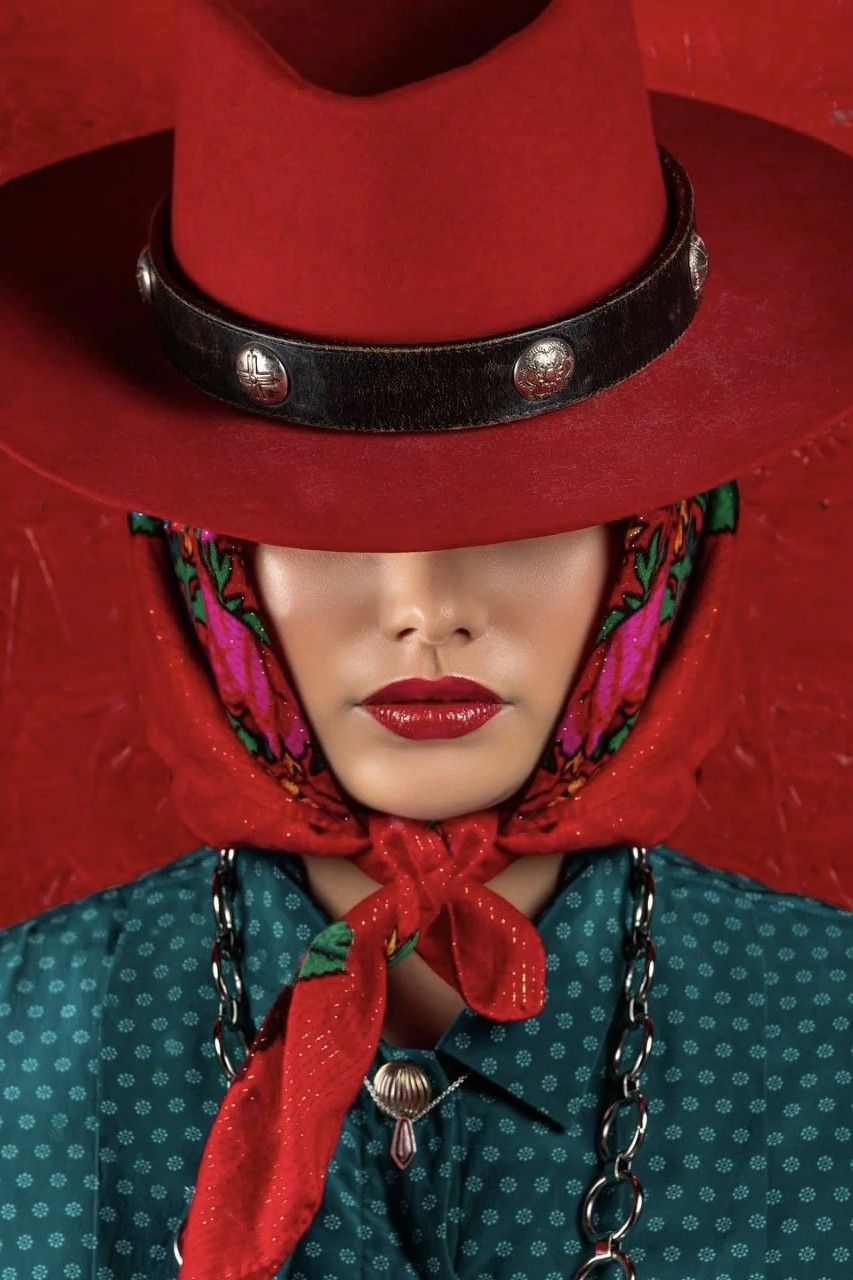
When Blended Girl Cosmetics founder Shí-Fawn was growing up in LeChee, Arizona, she was disappointed by the lack of Indigenous representation in the beauty industry. Thus the cult-favorite cosmetic line was born, starting out as Shí-Fawn Cosmetics before rebranding as Blended Girl. The line carries lipstick, eyeliner, accessories, beauty tools, and a liquid lipstick that's constantly selling out. The brand is also mission-driven, having donated to Navajo/Hopi Covid relief programs, Black Lives Matter, Page Outreach, and individual families in need of economic assistance.
Prados Beauty
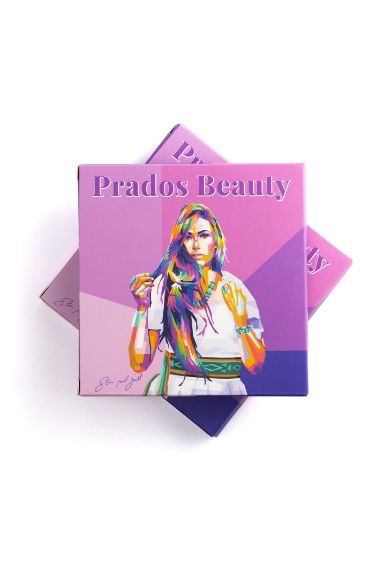
Prados is a queer- and Xicana/Indigenous- owned brand committed to giving back. Founder Cece Meadows strives to create products with formula and packaging that are inclusive of all people. The brand also gives back, having donated essentials like clothes, shoes, and PPE to reservations around the U.S.
Black-Owned Beauty Brands
It's no secret that we all need to support more Black-owned brands. Organizations like Black Progress Matters, the 15 Percent Pledge, and the Black Economic Alliance Foundation have drawn attention to the fact that Black-owned businesses are severely and disproportionately underrepresented in terms of mainstream marketing and shelf space among major retailers.
You may have already seen our profiles of Black-owned beauty brands Katini Skin and Pound Cake, but check out a few other game-changing businesses below.
Hyper Skin
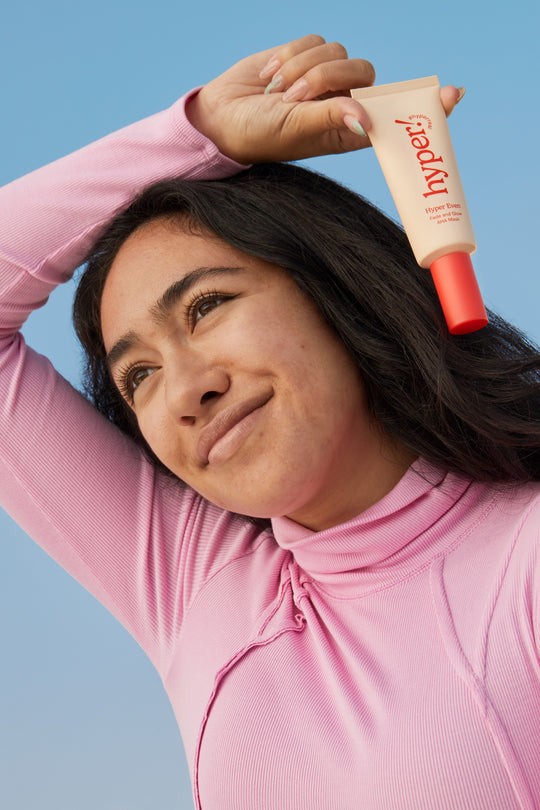
Hyper Skin was founded in response to the skincare industry's traditional focus on light skin. Through this clean, vegan beauty brand, founder Desiree Verdejo seeks to create products that focuses on addressing the unique needs of Black and Brown skin, but rest assured―these comprehensive, meticulously researched formulas work on all skin tones.
Ace Beauté
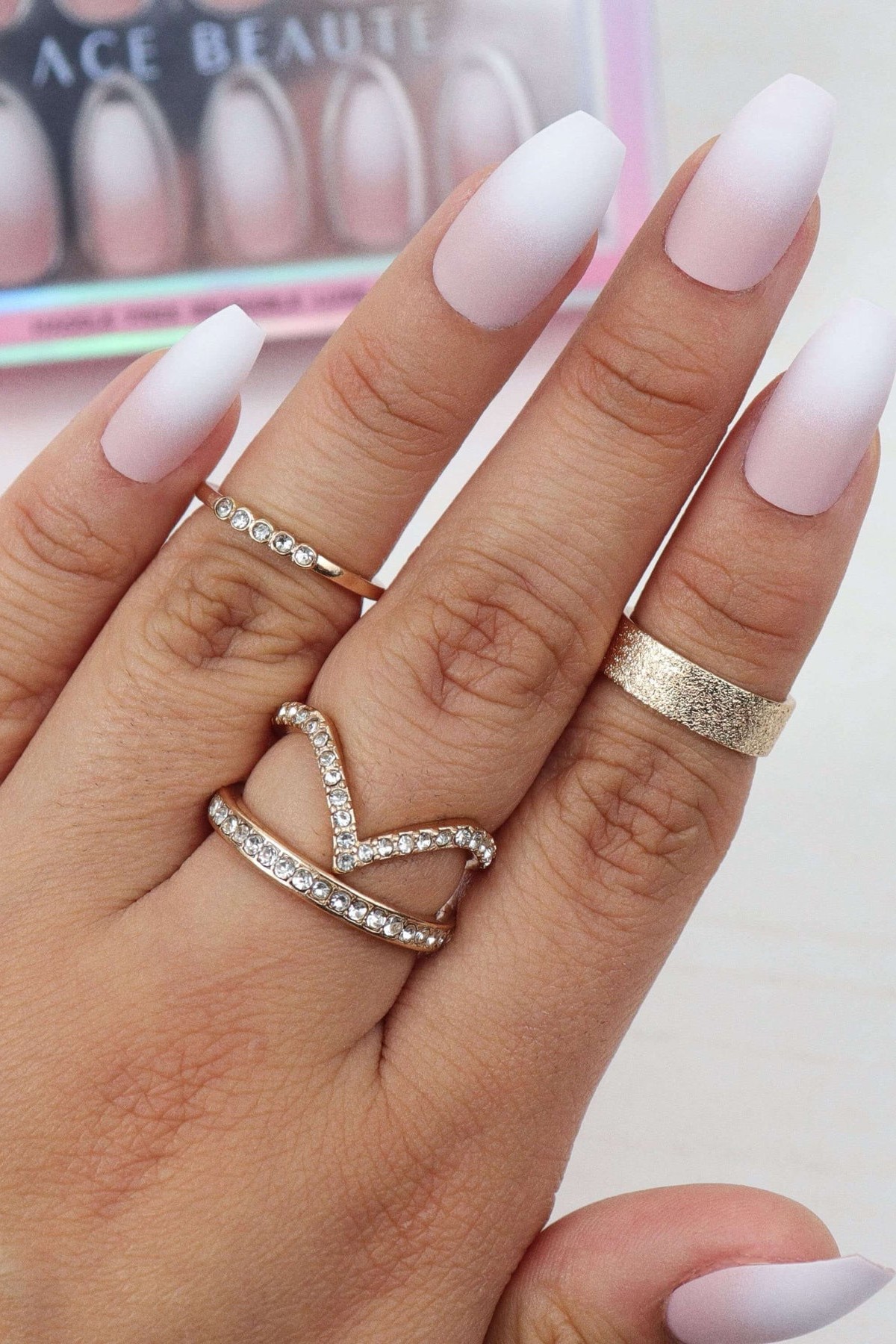
Niye Aniekan-Attang founded Ace Beauté as a means of making beauty fun and accessible for anyone and everyone interested in indulging. From nails to lashes to eyeshadows, this brand carries all of your makeup needs, and even offers a variety of eyeshadow primers so that you can pick the shade that suits your skin best (Black and Brown girls everywhere are crying with joy―IYKYK).
Bossy Cosmetics
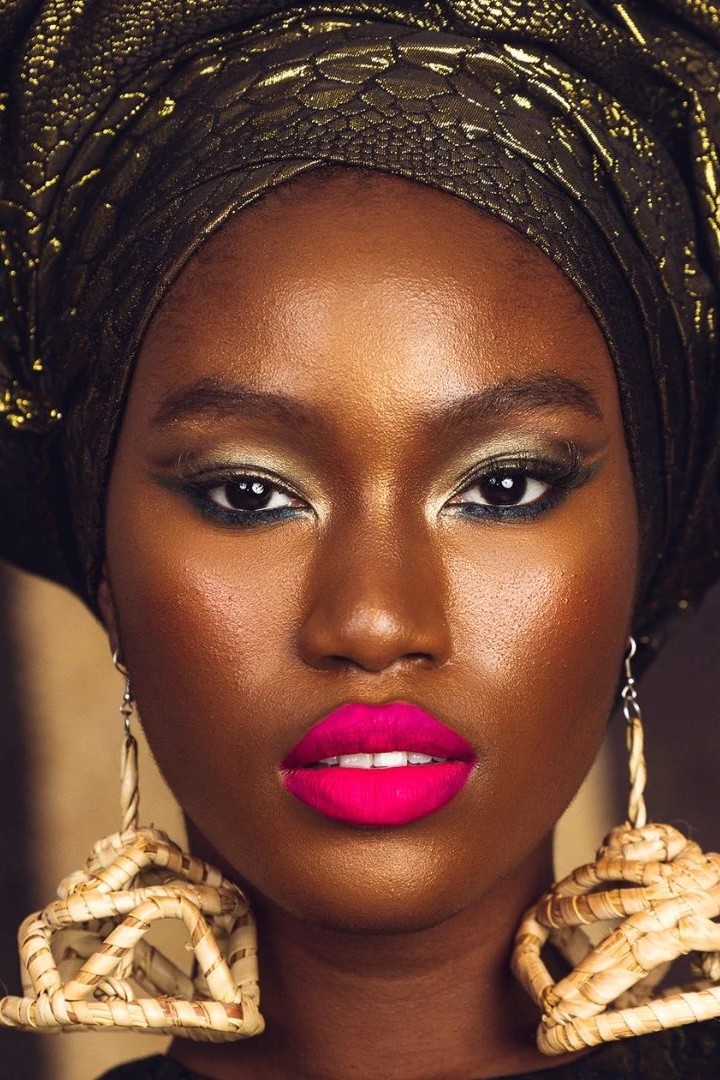
Aisha Fatima Dozie founded Bossy Cosmetics when she realized that the beauty industry was more focused on how women looked than how they felt. Thus, Bossy is, in Dozie's words, "obsessed with how their products [make] women feel." With her ethically made products products, she hopes that self-identifying ambitious women feel "ignited" by her cosmetics, which include lipsticks, eyeshadow, eyeliners, and more. Plus, a portion of their proceeds go to a number of their nonprofit partners, which include The Women at Risk International Foundation, Women's Link Worldwide, and Girls Inc.
Undefined
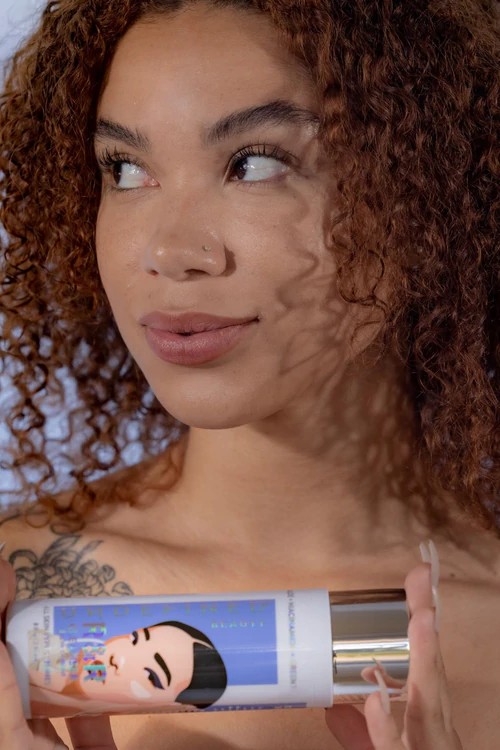
Undefined is a clean, plant-based skincare and wellness brand with an emphasis on inclusivity. In addition to manufacturing their products ethically, Undefined extends their person-first approach by making their products affordable so that everybody can enjoy effective, plant-based beauty.
4.5.6 Skin
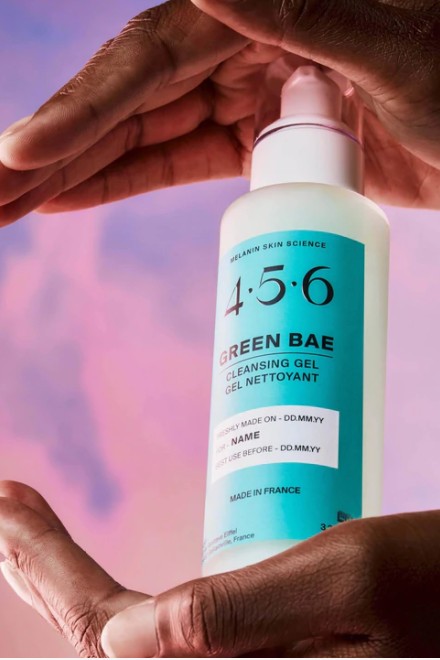
Inspired by her mother's knack for finding rare beauty products, Noelly Michoux has long been a lover of skincare. When she began experiencing hyperpigmentation due to pregnancy, she realized that there was a glaring race-based gap in the beauty industry, hence 4.5.6 Skin: a skincare company whose priority is to empower people with deeper skin tones (phototypes 4, 5, and 6).
Latinx-Owned Beauty Brands
The Latinx population is incredibly diverse in and of itself, encompassing all of the countries in South and Central America and the majority of the islands in the Caribbean. This means that, in the United States, oversimplifications and generalizations about Latinx people run rampant, and products (especially items like skincare and beauty) rarely incorporate Latinx representation in their marketing, and products are almost never made with Latinx women in mind.
This, along with the long, violent history of anti-Latinx hate and xenophobia in the U.S. (including government-sanctioned violence), means that Latinx entrepreneurs are components of ensuring that the beauty industry is equipped to help all people—regardless of what they look like or where they're from—look and feel their best.
Rëzo Haircare
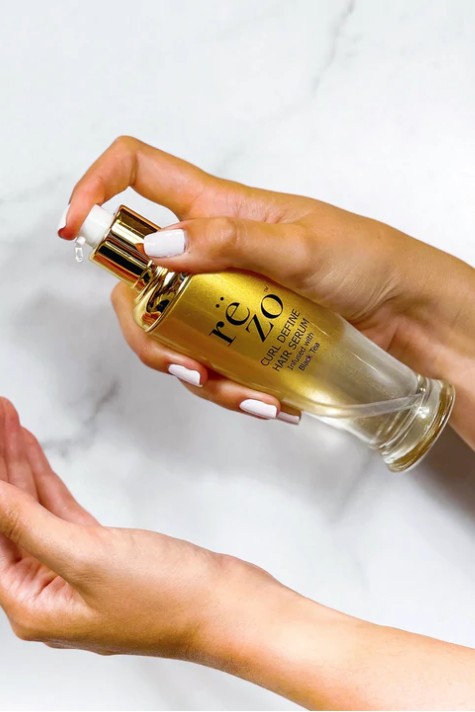
In 2016, hairstylist Nubia Rëzo founded a curly hair master class with Rëzo Academy in order to teach people how to care for curly hair, which so often falls through the cracks of mainstream (read: white-dominated) haircare. Then, in 2020, she founded her own New York City hair salon specializing in signature cuts, and now, she has her own line of hair products: Rëzo Haircare. Who better to trust your hair to than someone with such an illustrious resumé?
Elaluz
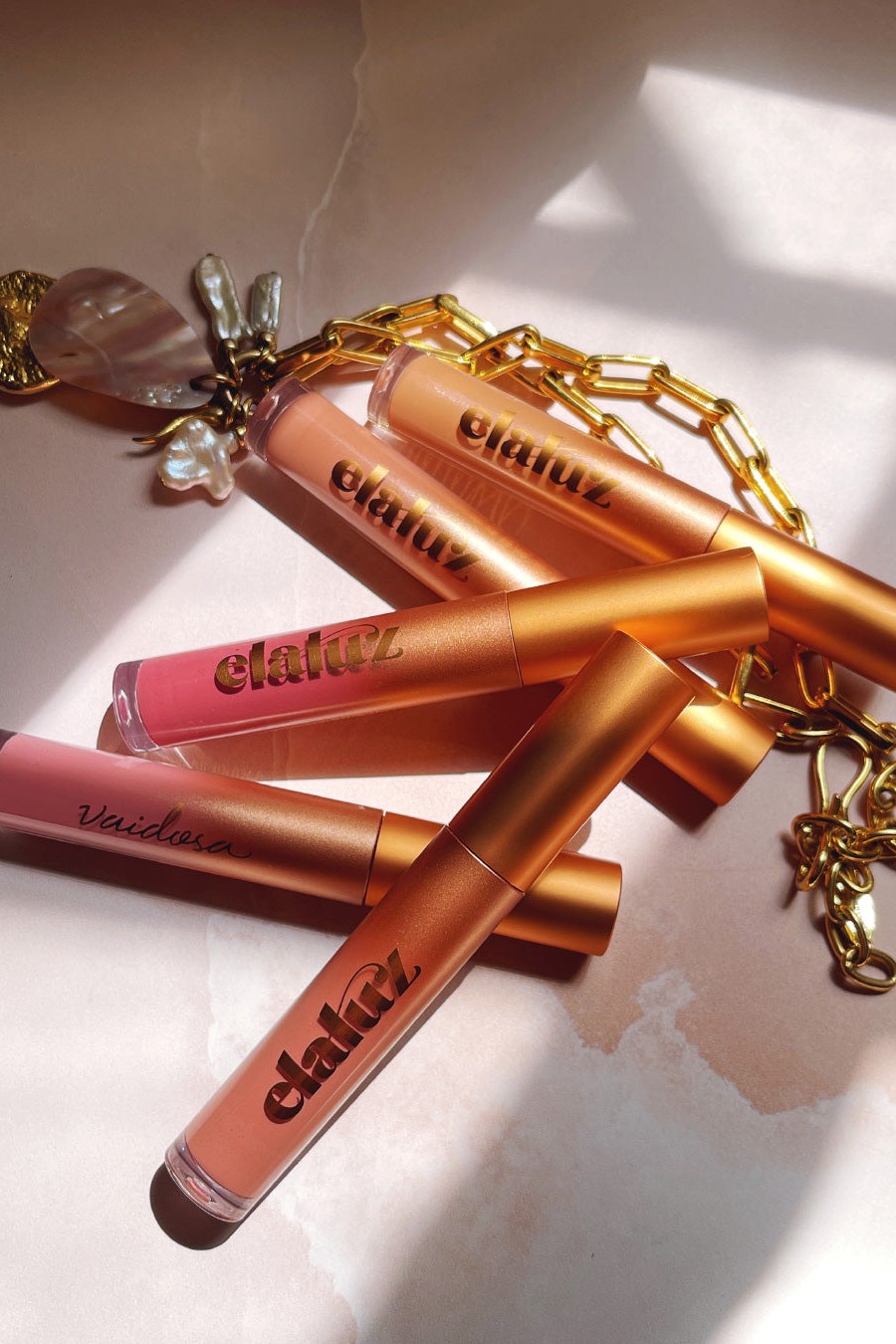
Native Brazilian Camila Coelho started Elaluz in 2020 using ingredients and traditions that she grew up with. The brand carries everything from makeup to skincare to haircare; it's designed to enhance customers' natural features rather than disguise them.
Necromancy Cosmetica
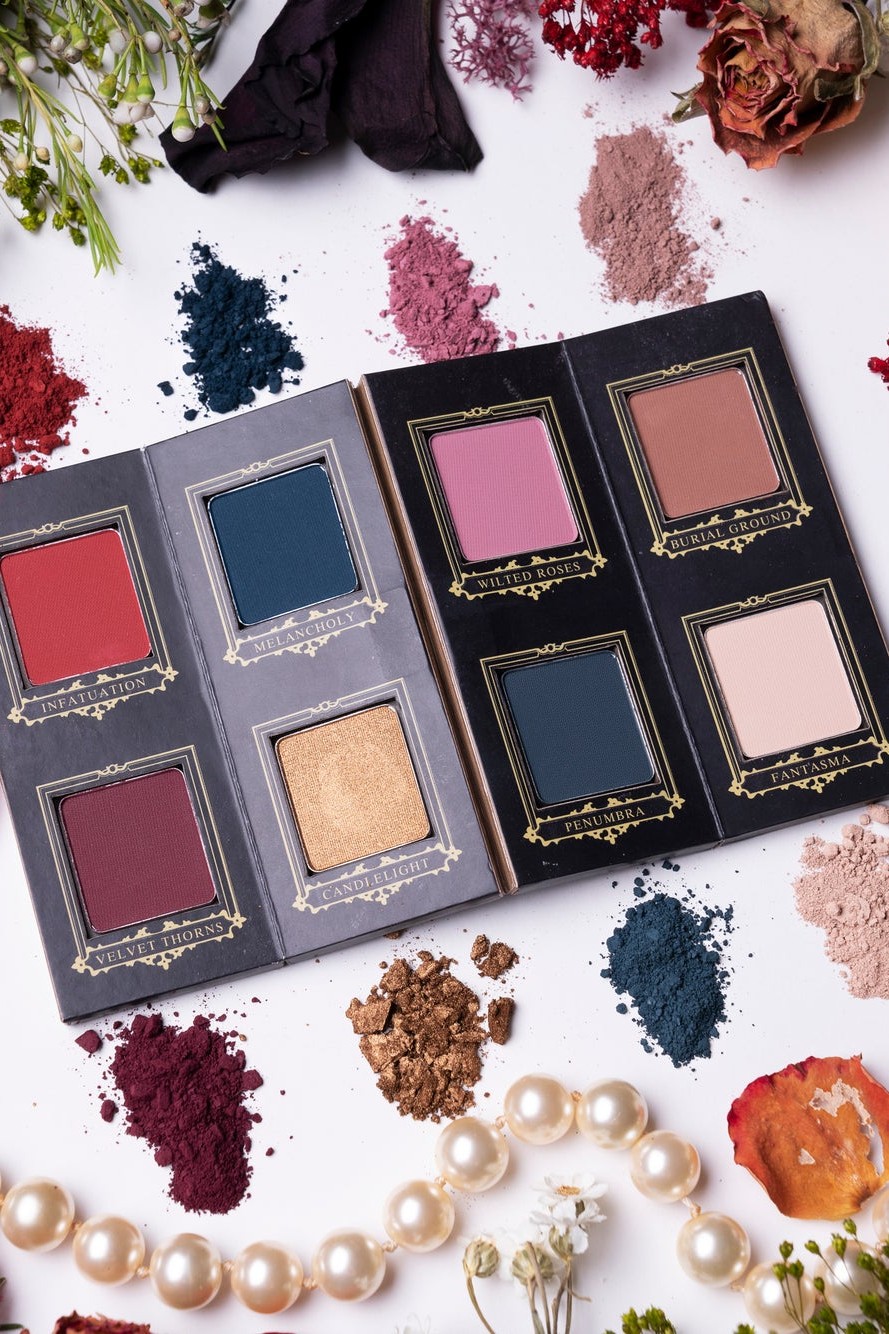
These vegan, cruelty-free cosmetics are all handcrafted in Puerto Rico. Plus, there's a fun twist: Their products are marketed using gothic themes, with Halloween-friendly shade names like "Spell Caster," "Ancient Queen," and "It's Wednesday."
Bésame Cosmetics
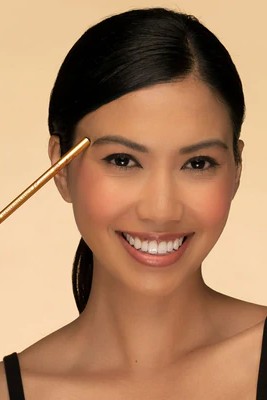
Artist and cosmetics historian Gabriela Hernandez started Besame Cosmetics after a lifetime of loving vintage makeup and style. The brand has collaborated with Marvel and Disney several times in the past, creating collections that nod to Mickey Mouse, Sleeping Beauty, Snow White, and Agent Carter―just to name a few!
Vive Cosmetics
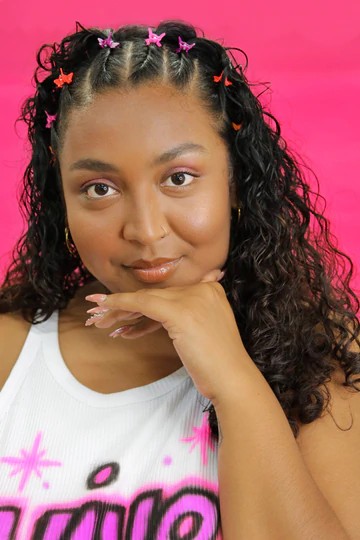
Vive Cosmetics is committed to showcasing the diversity of the Latinx community, which includes Black, Indigenous, white, and mixed peoples. Founders Leslie Valdivia and Joanna Rosario-Rocha have seen success in particular with their vegan, cruelty-free, paraben-free Qué Matte Liquid Lipsticks.
AAPI-Owned Beauty Brands
Sadly, the COVID-19 pandemic has set forth a wave of anti-Asian hate, which has manifested itself in violence, discrimination, and harassment. AAPI owned businesses have been no exception to this suffering, and many have watched their sales plummet as a partial result of racist sentiment across the country.
You can support AAPI owned businesses by eating at Asian-owned restaurants, buying from AAPI-owned fashion brands, and filling your beauty bag with products made by AAPI entrepreneurs. If you're looking for inspiration on the latter, we've got you covered.
ELOREA
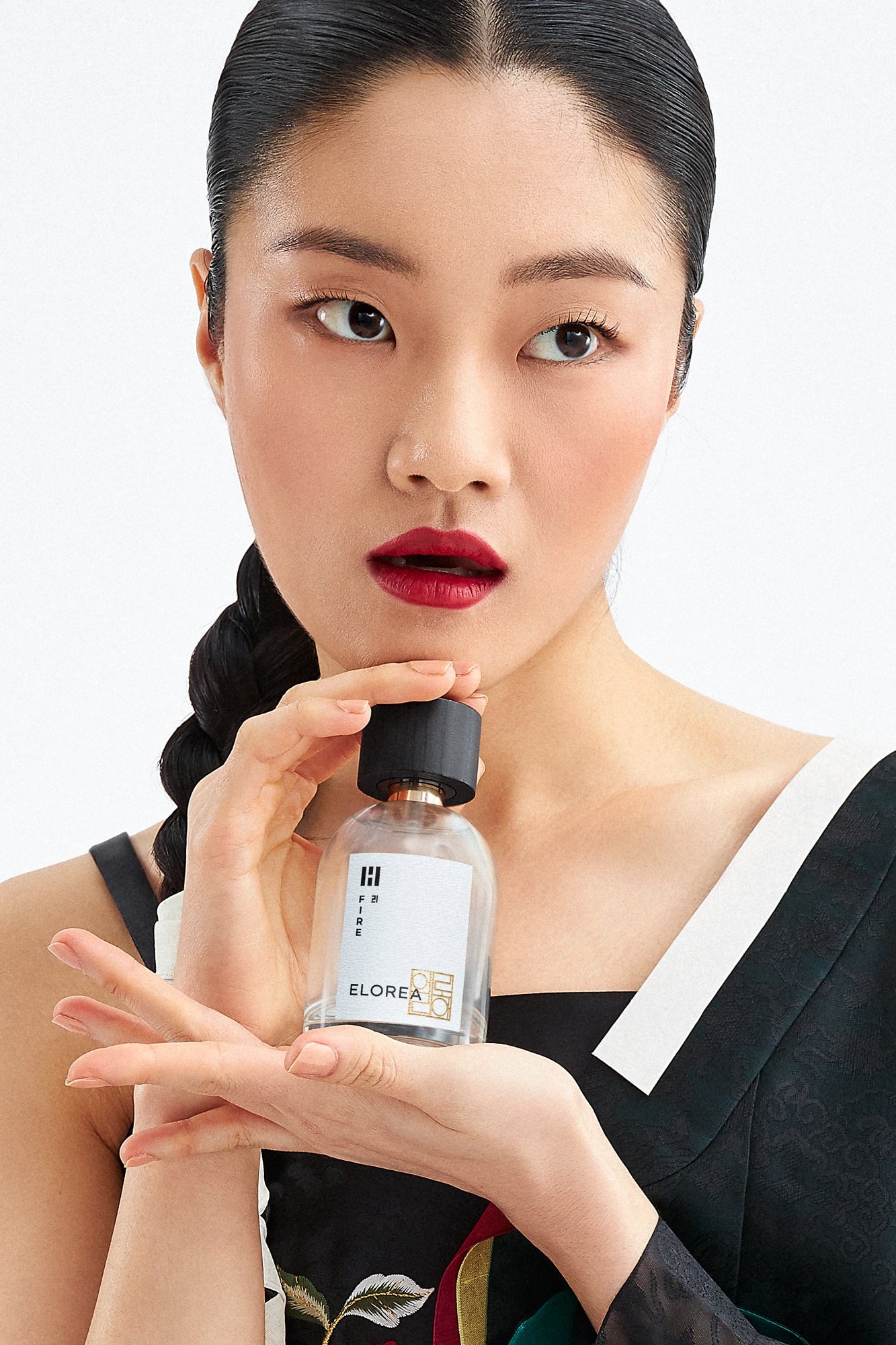
Did you know that fragrance has been used in Korea since at least the 5th century AD? Ancient Korean belief maintained that scents could ward off negative energy, protect their wearers, and clear the mind. ELOREA was founded as a tribute to this long, rich history, and its scents are meant to transport their wearers and inspire emotional experiences. My personal favorite from the collection is the "Earth" scent, but I recommend checking out ELOREA's discovery set to experience the full range of what they have on offer.
Supernal
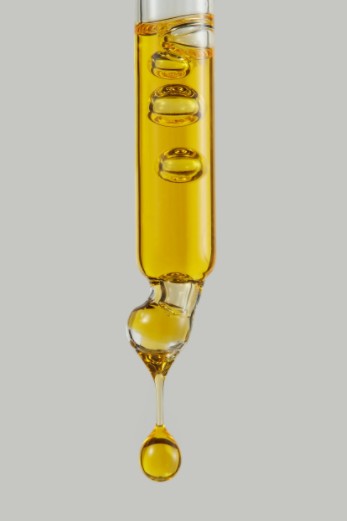
Melissa Medvedich was inspired to found Supernal by seeing the emphasis that her mother and grandmother placed on skincare. As a child, she watched her mother, grandmother, and great-grandmother take loving care of their skin, and she translated that passion to entrepreneurship and academia when she eventually enrolled in the New York Institute of Aromatic Studies as an adult. A certified aromatherapist and expert in botanical beauty formulating, she's created a number of products designed to enhance customers' self-care rituals and overall skin health.
Just B Cosmetics
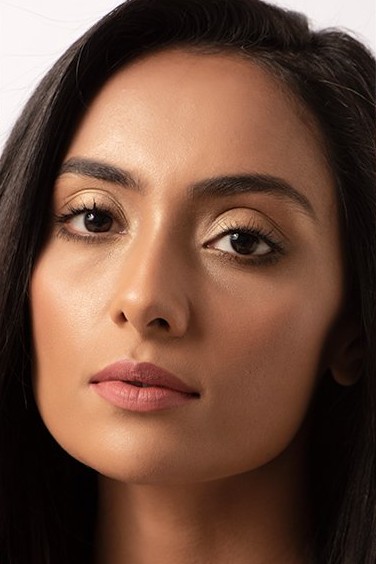
Just B Cosmetics was founded by Bina Khan, Sean Chan, and Madiha Chan. The brand specializes in multi-dimensional, longwear lipstick products that cover a spectrum within each color family. Each color includes both a powder matte "Pigment Fluid" and a smoothing "Pigment Glaze" designed to be a creamy finish. Donning both produces a highly pigmented result intended to flatter any and every skin tone.
Le Mini Macaron
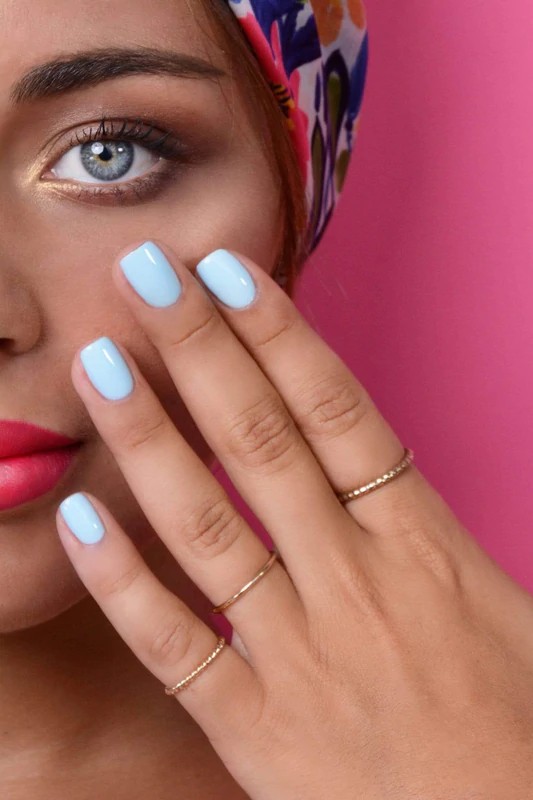
Taiwanese-American entrepreneur Christina Kao and her business partner, Francois-Xavier Humbert, teamed up in 2015 to form Le Mini Macaron, a brand that aims to bring all the luxury of a gel manicure right to your home. Their products include over 85 highly pigmented shades, as well as nail files, hand cleansing sprays, nail polish remover pads, and even a macaron-shaped LED lamp for drying nails.
Common Heir
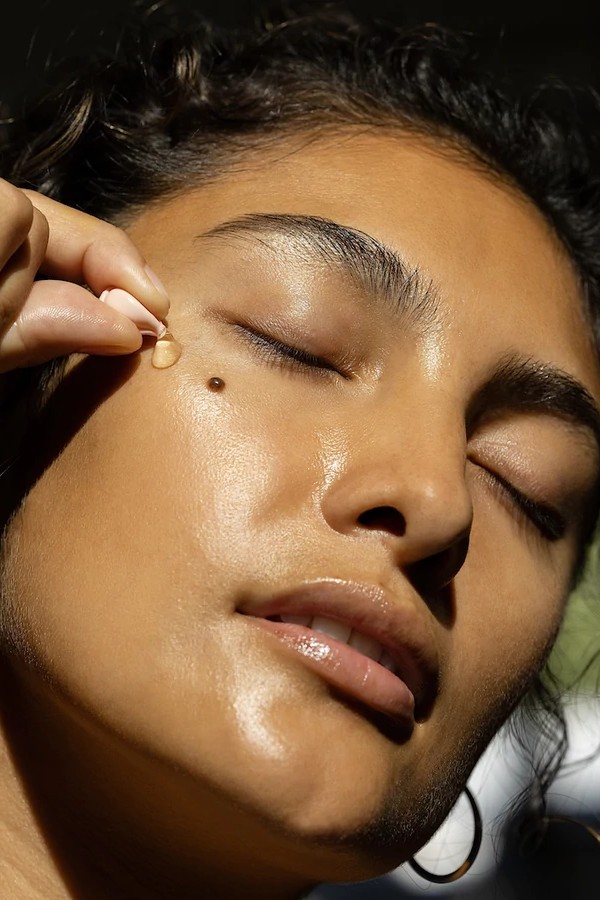
This business is Black- and AAPI-owned, founded by Cary Lin and Angela Ubias in 2020 as a means of cultivating daily rituals that allow women to look and feel good. In addition to making ethical, sustainable formulas, their packaging is also biodegradable and plastic-free.
Middle Eastern-Owned Beauty Brands
We're all familiar with mega-famous, Arab-owned brand Huda Beauty, but there's a whole world of Arab and Middle Eastern owned beauty beyond the glam products you pass on your Sephora run.
Since 9/11, Middle Eastern Americans and Muslim Americans have been treated unjustly, often feeling unsafe in public and watching their businesses suffer as a result of discrimination. Even in the past few years, three-quarters of Arab Americans describe experiencing "a lot of discrimination" because of their religious and/or ethnic identities.
The good news is that we can all play a role in squashing discrimination and bolstering these businesses―and we can look good while doing it, too. Keep scrolling for some of our favorite Middle Eastern owned brands.
786 Cosmetics
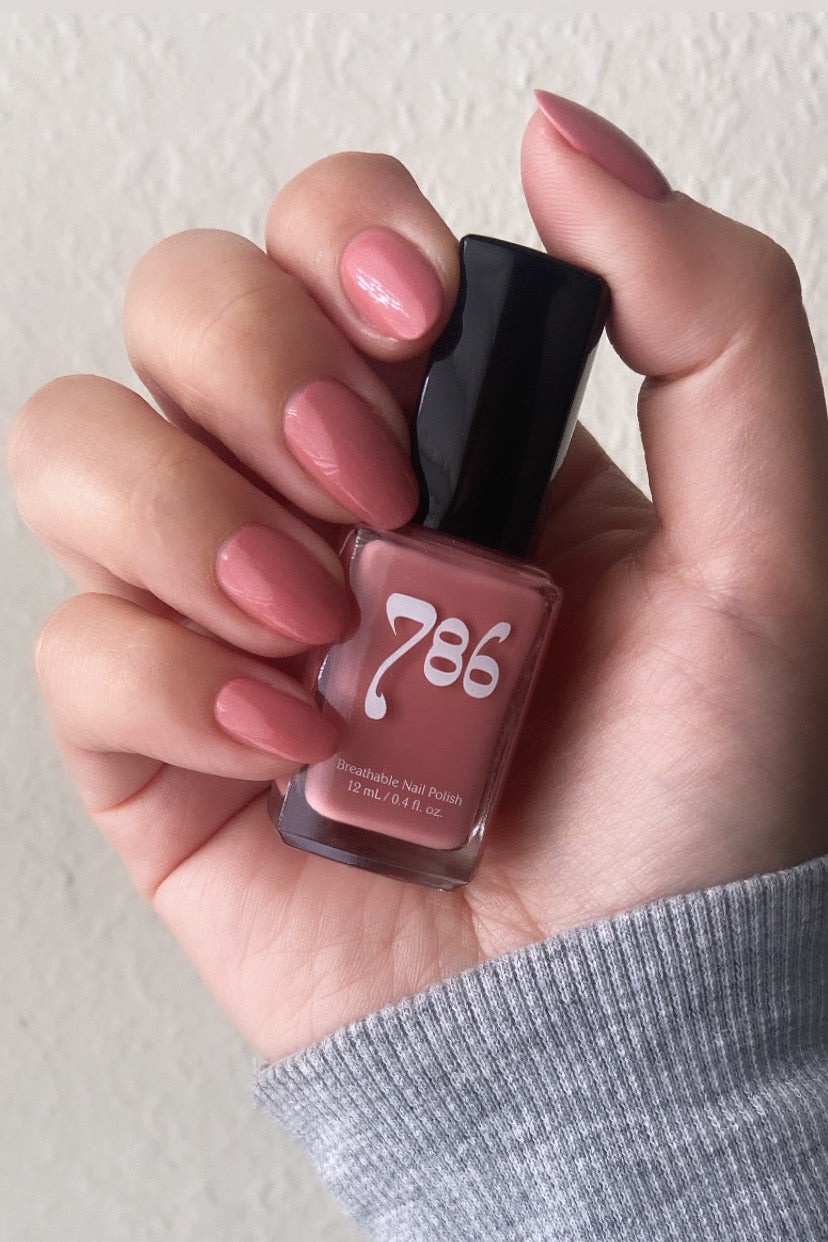
In 2017, Ibrahim Ali and his wife Iqra Isphahani founded 786 Cosmetics to address a specific yet impactful gap in the beauty market: the lack of halal (or Islamically permissible) cosmetics. Because halal requirements prohibit the use of alcohol, many Muslim women are unable to use many cosmetics―especially nail polishes. Thus, 786 cosmetics utilizes organic, halal-friendly ingredients (like soy, which they employ in their signature nail polish remover) so that everyone can indulge in a great manicure.
Sitti Soap
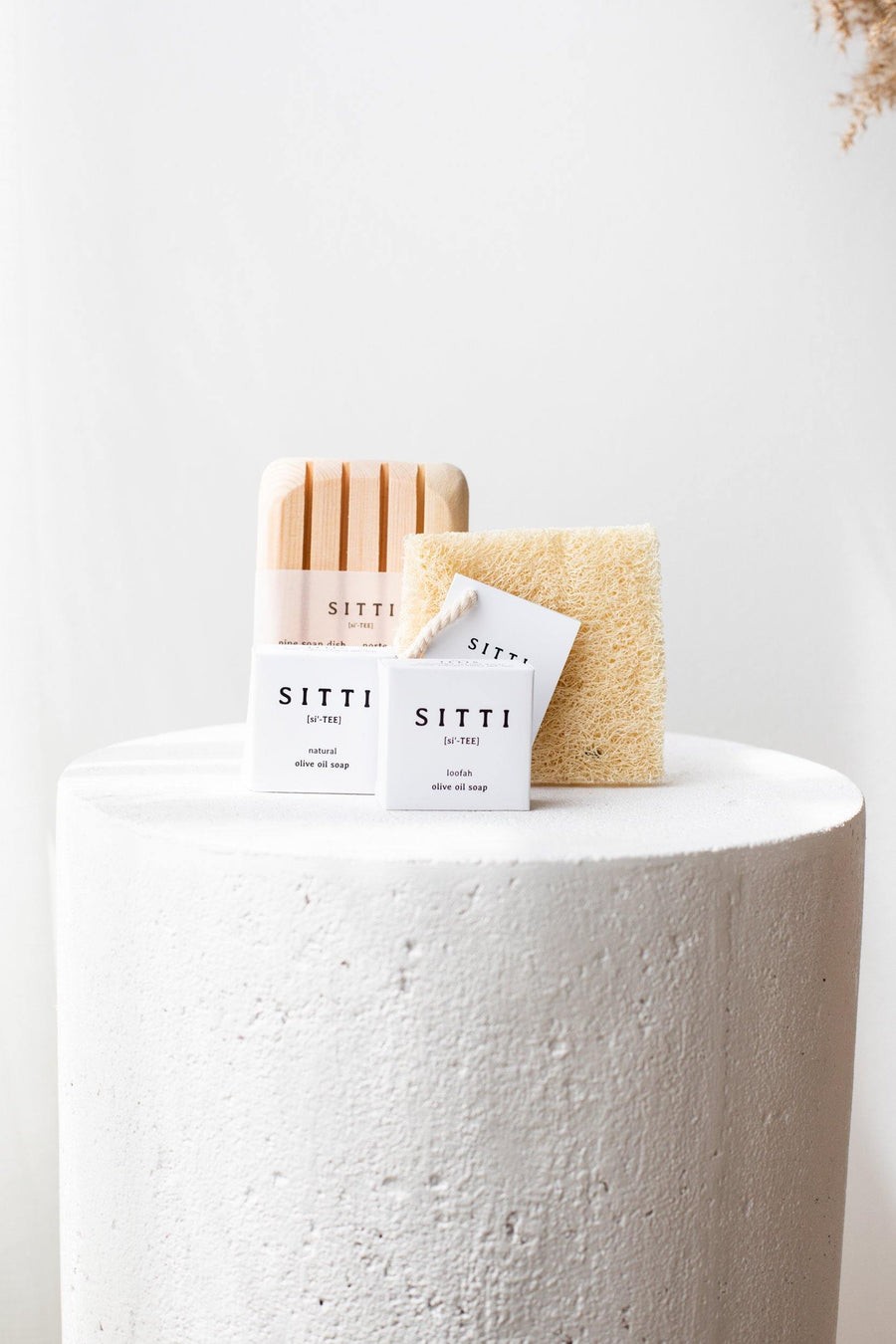
Sitti Soap was founded in 2014 by Noora Sharrab and Jacqueline Sofia, who sought to create a high-quality, luxurious self-care and lifestyle brand with an activist slant. Their products are handmade by artisans and proceeds go towards providing accessible education and sustainable employment to refugees in the Middle East. They sell herbs, apparel, and accessories, but we especially love their bath and skincare products. Their soaps, in particular, come with cards that tell the stories of the artisans who made them.
IZIL
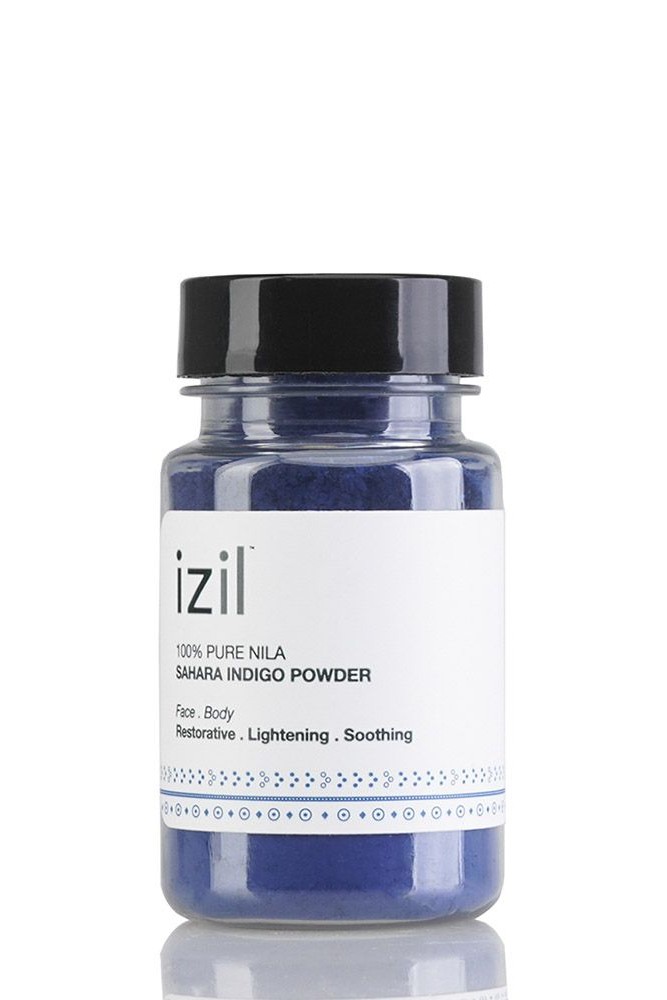
You've definitely used or at least heard of Moroccan argan oil before, but I'm sure you've never experienced it like this. IZIL was founded by Moroccan-born entrepreneur Mouna Abbassay, who dedicated her business to creating effective skincare and haircare products made from Moroccan ingredients such as ouda oil, almond oil, saffron, and more.
Farsáli
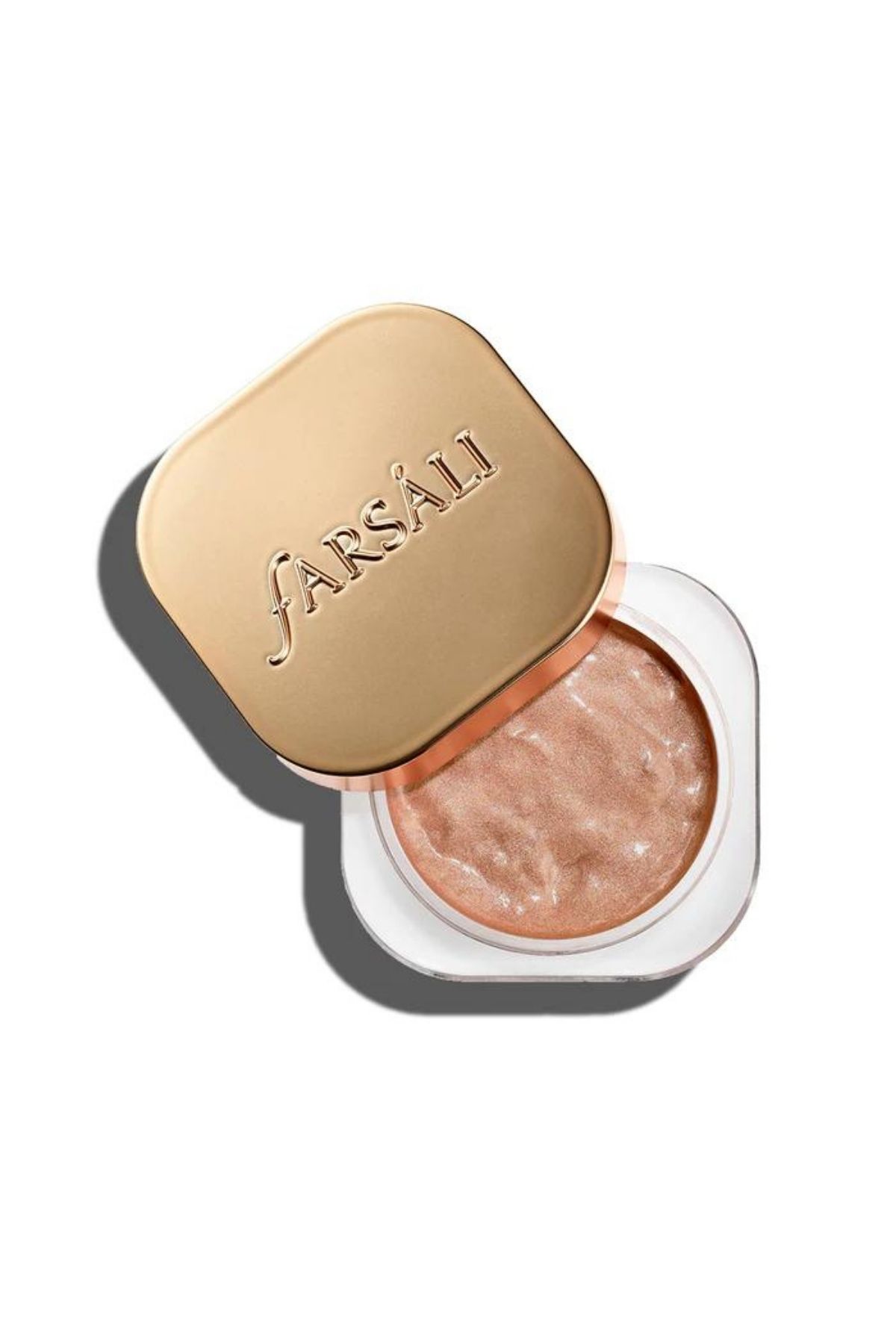
Husband-wife duo Farah and Sal Ali founded Farsáli as an ode to Farah's love for cosmetics and skincare. Unlike many influencers, who strive to appear perfect, Farah has long been open about her skin issues, and uses her brand as a way of empowering women to accept and cater to their own skin struggles using ethically sourced, sustainable ingredients.
EX1
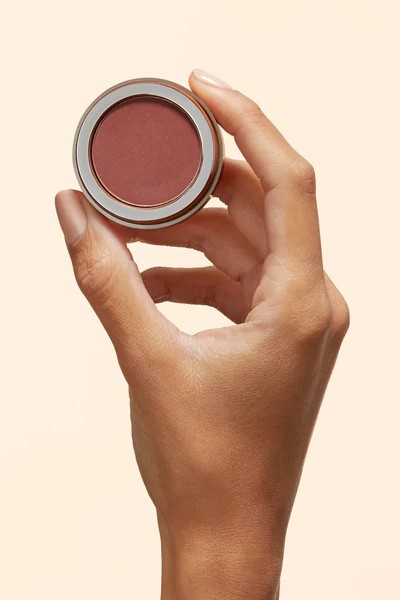
Farah Naz founded EX1 Cosmetics after feeling like olive skin tones were neglected by the pink undertone-dominated cosmetics industry. Her brand focuses on blush, foundation, concealer, and other face makeup designed to cater to all women's skintones, regardless of undertone. If you're unsure of your own shade, you can even take a quiz on the site.

Gabrielle Ulubay is a Beauty Writer at Marie Claire. She has also written about sexual wellness, politics, culture, and fashion at Marie Claire and at publications including The New York Times, HuffPost Personal, Bustle, Alma, Muskrat Magazine, O'Bheal, and elsewhere. Her personal essay in The New York Times' Modern Love column kickstarted her professional writing career in 2018, and that piece has since been printed in the 2019 revised edition of the Modern Love book. Having studied history, international relations, and film, she has made films on politics and gender equity in addition to writing about cinema for Film Ireland, University College Cork, and on her personal blog, gabrielleulubay.medium.com. Before working with Marie Claire, Gabrielle worked in local government, higher education, and sales, and has resided in four countries and counting. She has worked extensively in the e-commerce and sales spaces since 2020, and spent two years at Drizly, where she developed an expertise in finding the best, highest quality goods and experiences money can buy.
Deeply political, she believes that skincare, haircare, and sexual wellness are central tenets to one's overall health and fights for them to be taken seriously, especially for people of color. She also loves studying makeup as a means of artistic expression, drawing on her experience as an artist in her analysis of beauty trends. She's based in New York City, where she can be found watching movies or running her art business when she isn't writing. Find her on Twitter at @GabrielleUlubay or on Instagram at @gabrielle.ulubay, or follow her art at @suburban.graffiti.art
-
 Tyla's Coachella Outfit Pairs Dolce & Gabbana With Pandora
Tyla's Coachella Outfit Pairs Dolce & Gabbana With PandoraThe singer wore a gold version of the crystal bra made famous by Aaliyah.
By Amy Mackelden Published
-
 How Kate Middleton Is Influencing George's Fashion Choices
How Kate Middleton Is Influencing George's Fashion ChoicesThe future king's smart blazer is straight out of Princess Kate's style playbook.
By Amy Mackelden Published
-
 King Charles "Couldn't" Meet Prince Harry During U.K. Visit
King Charles "Couldn't" Meet Prince Harry During U.K. Visit"It could actually bring down a court case."
By Amy Mackelden Published
